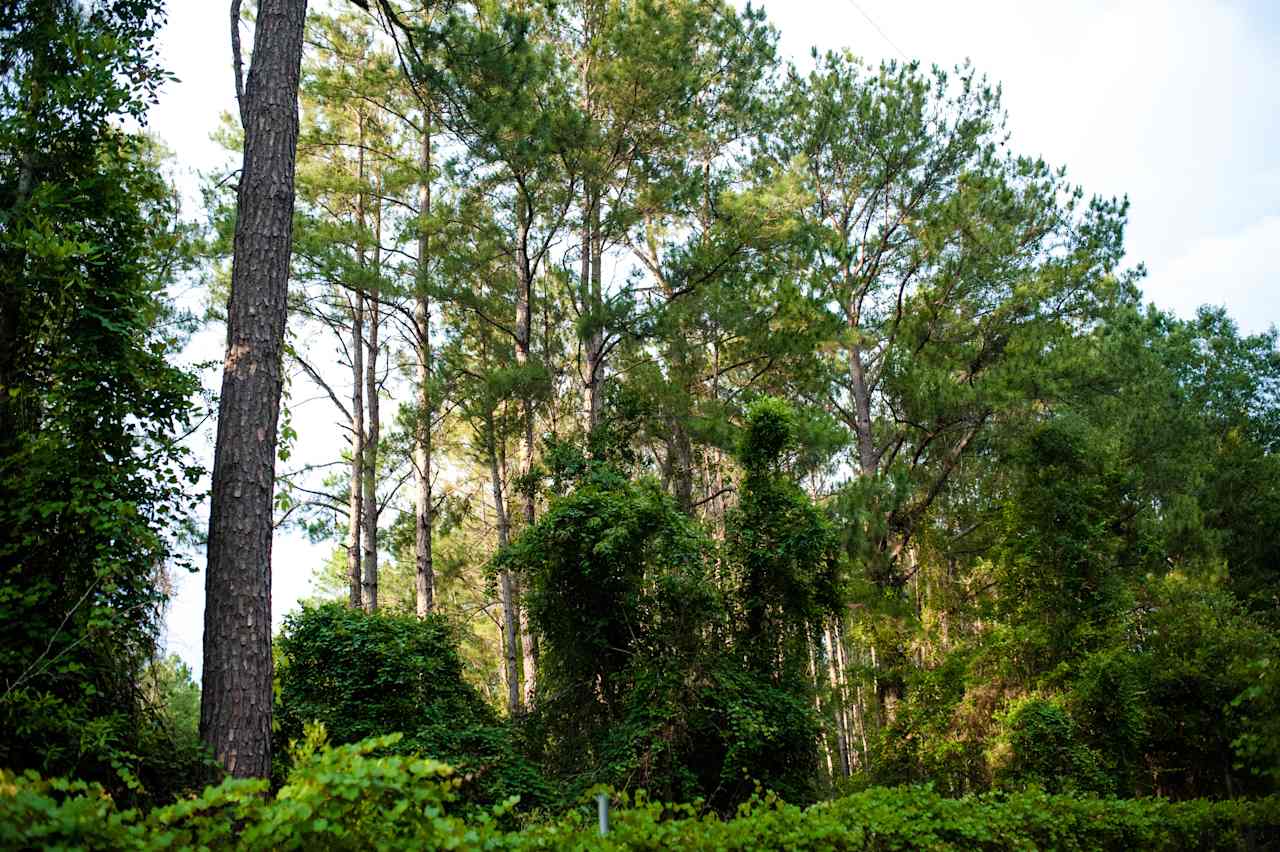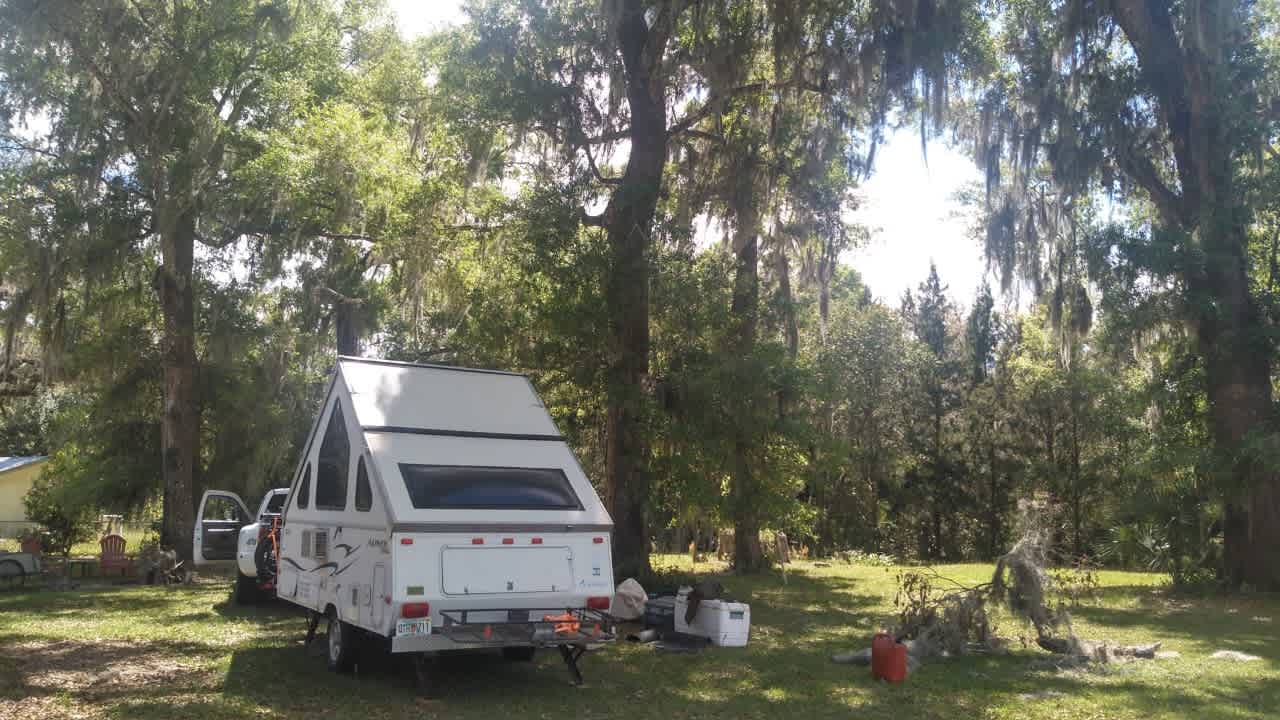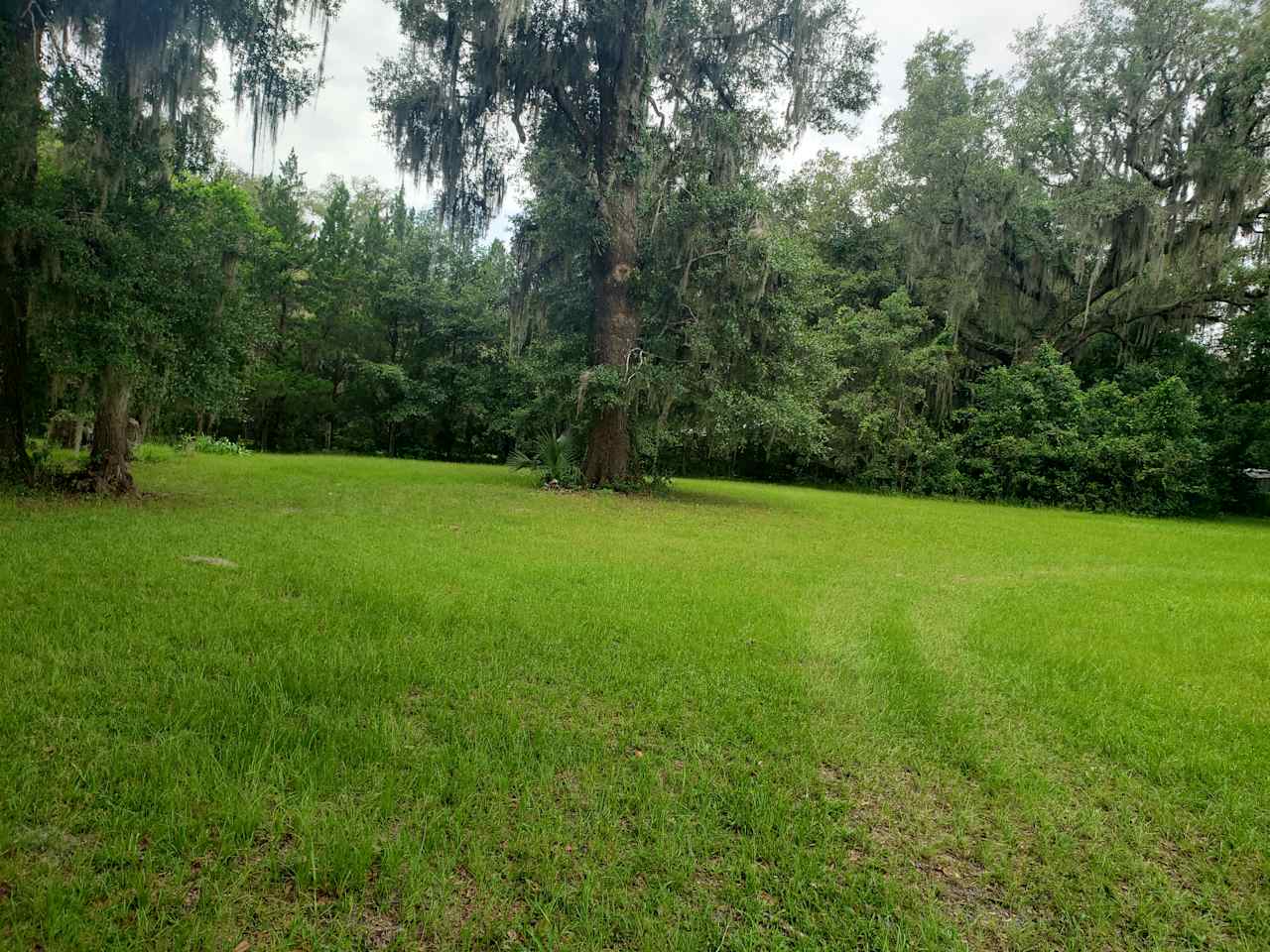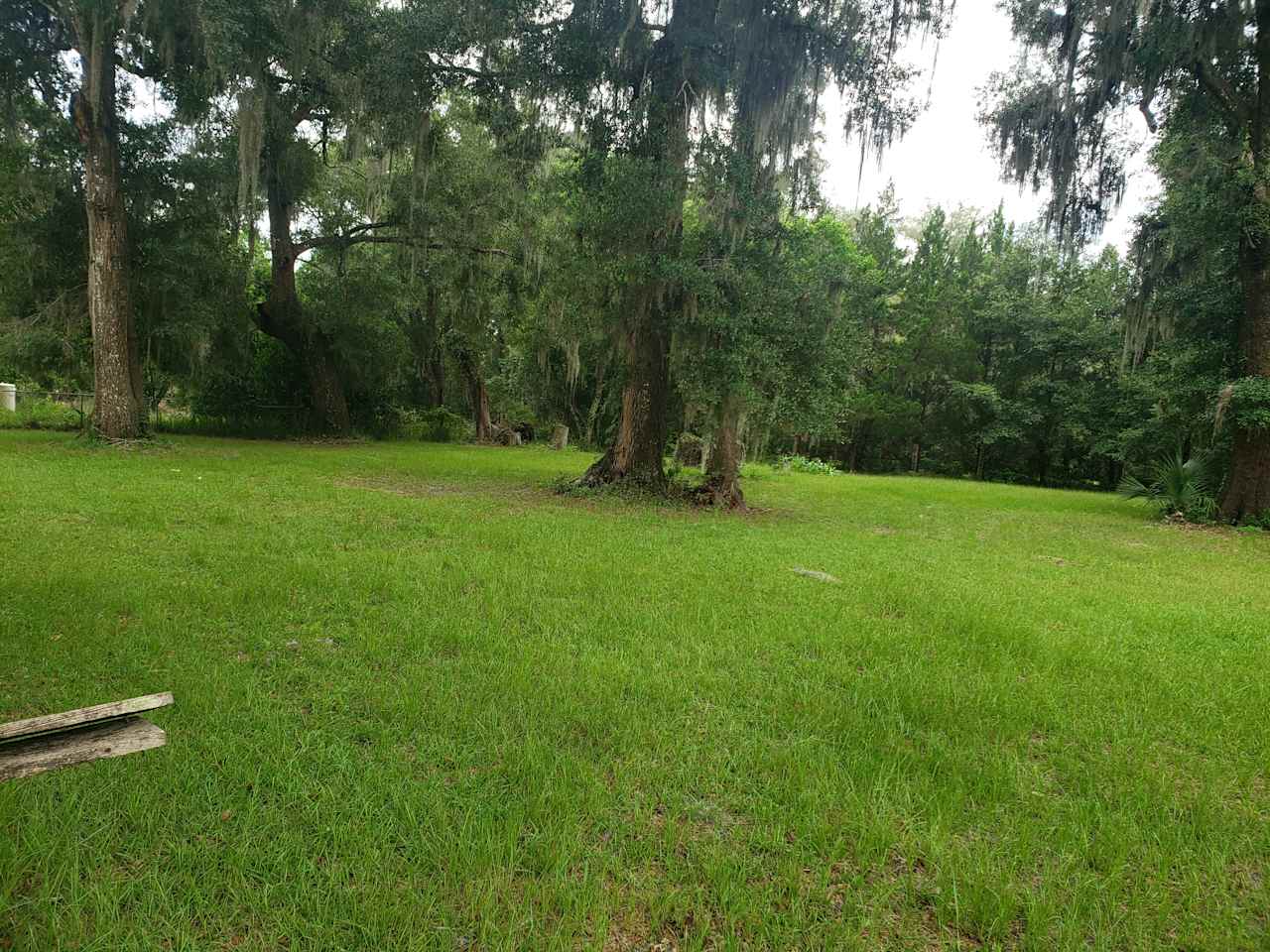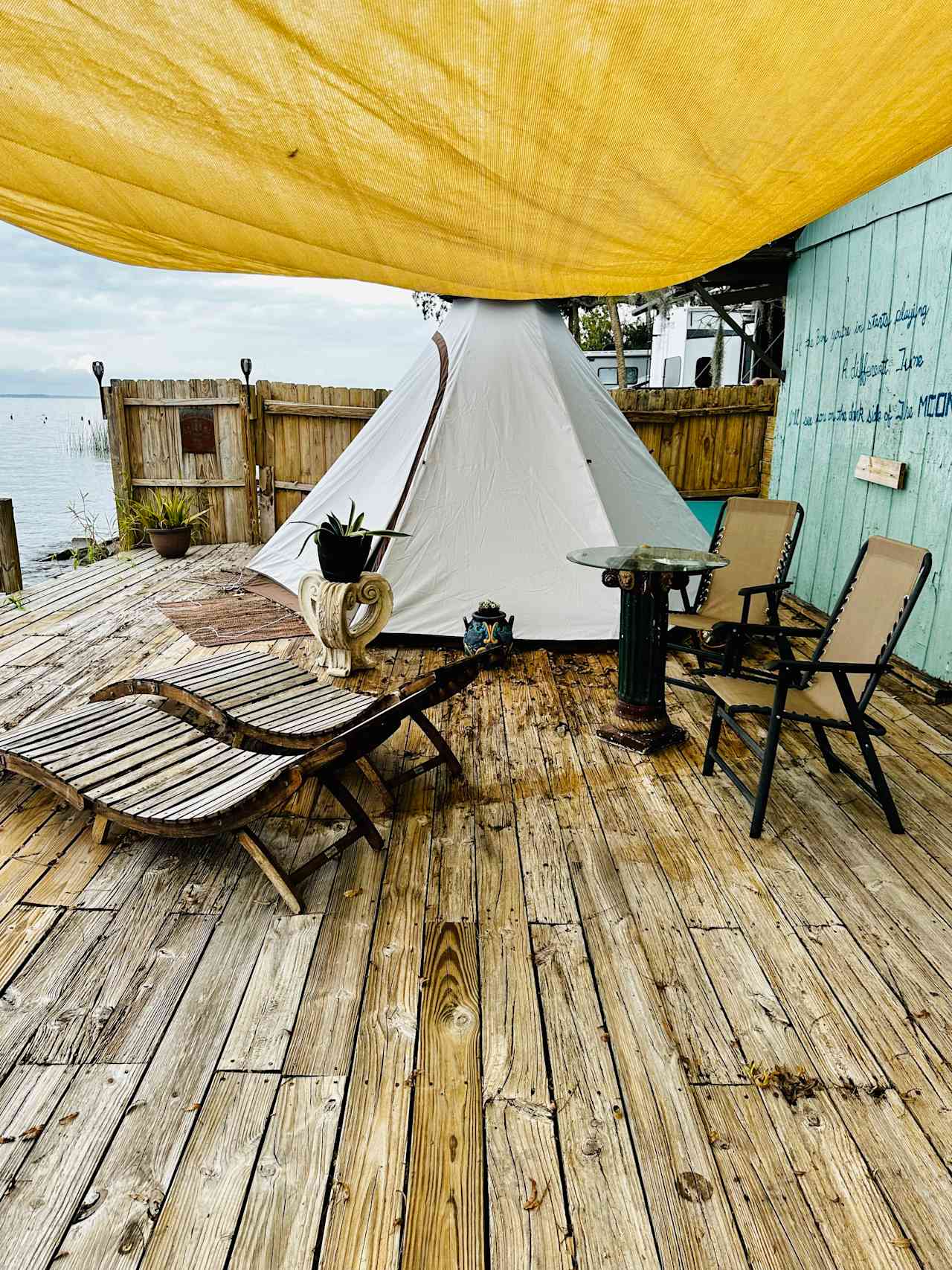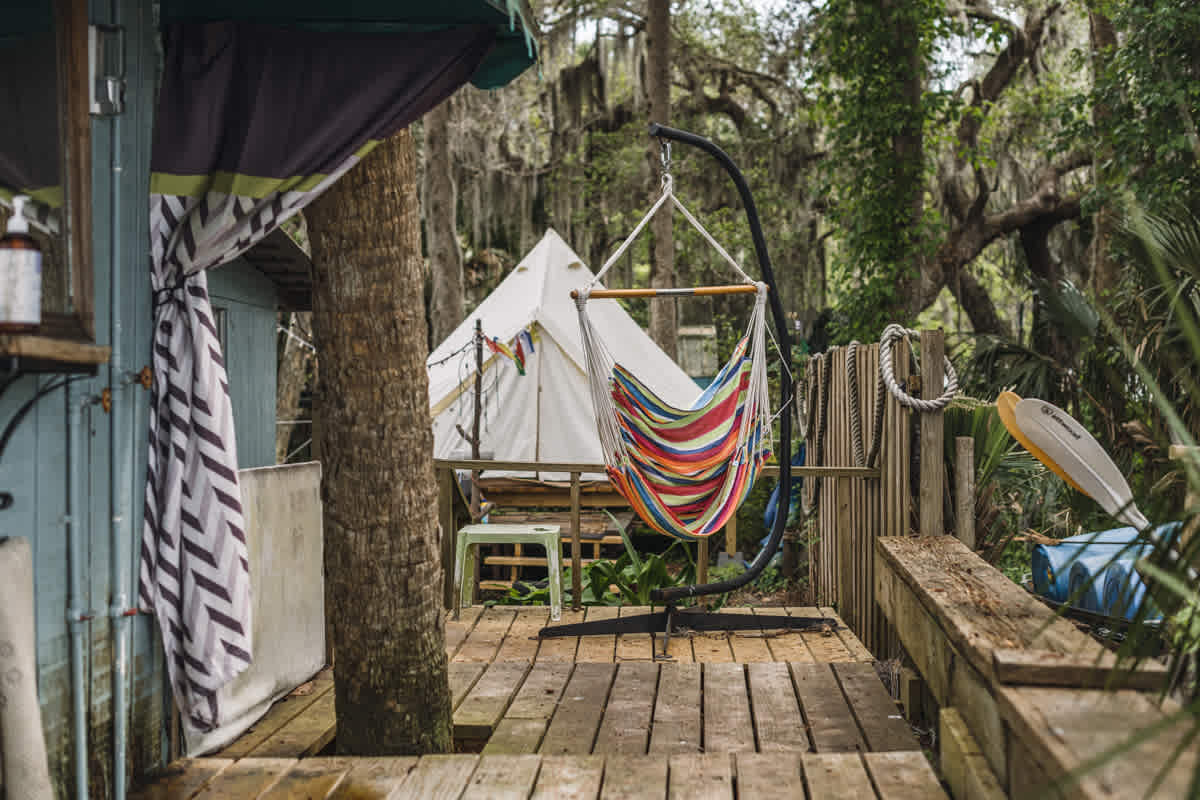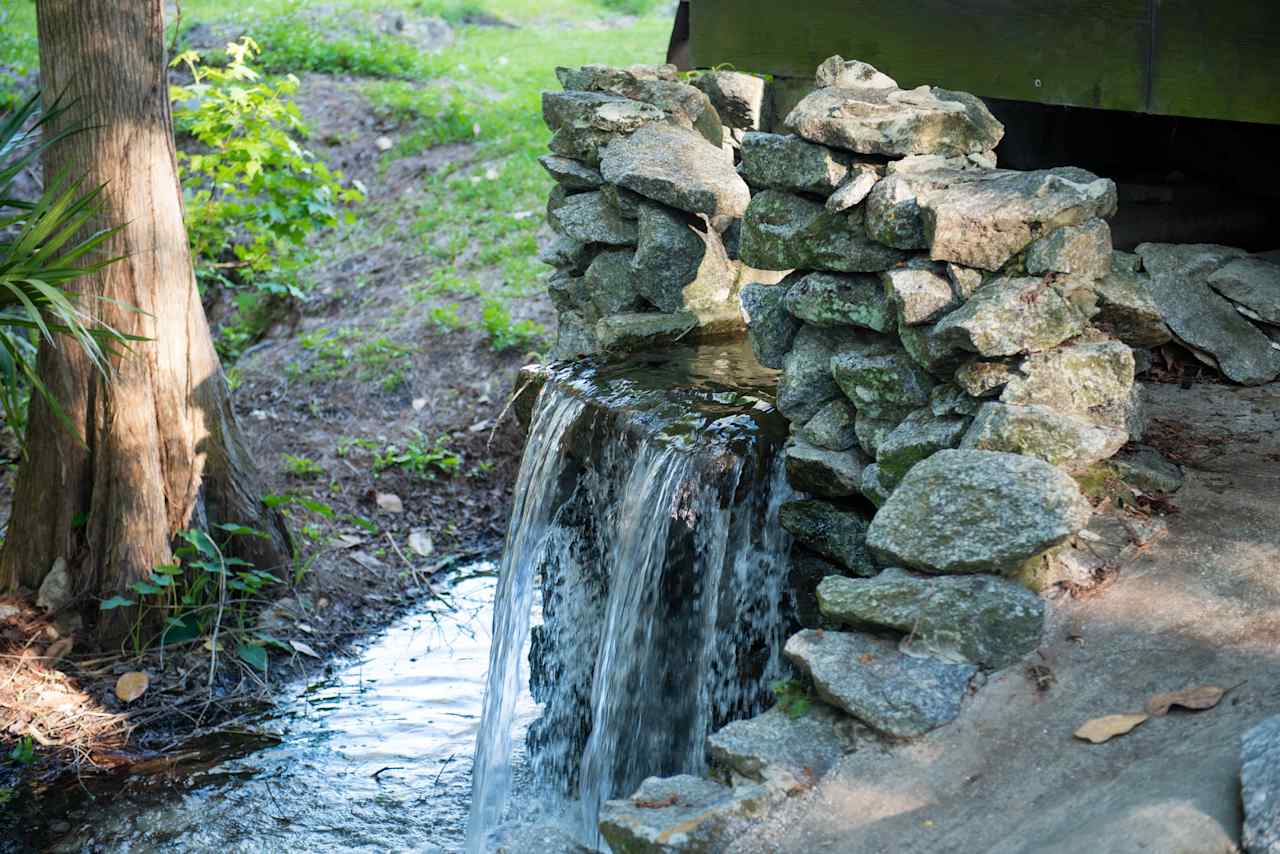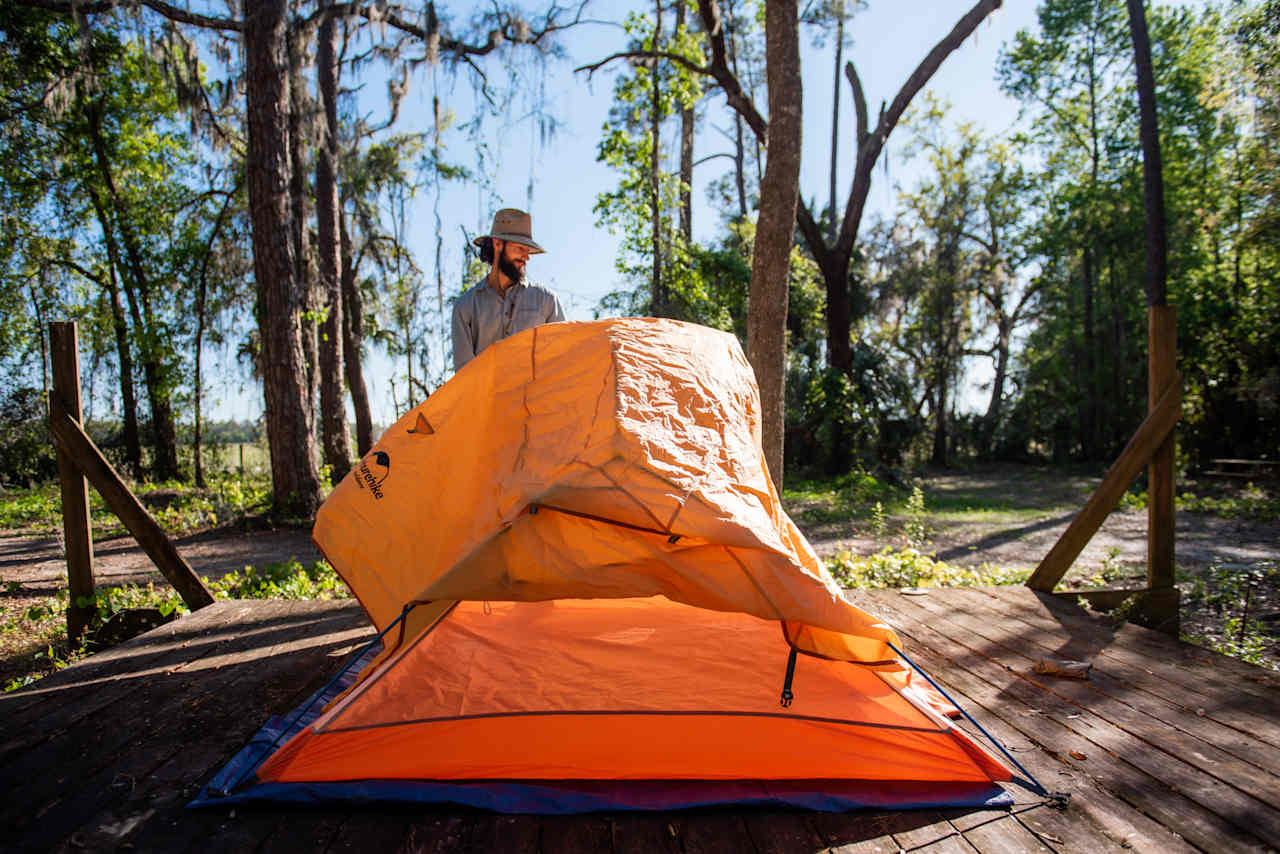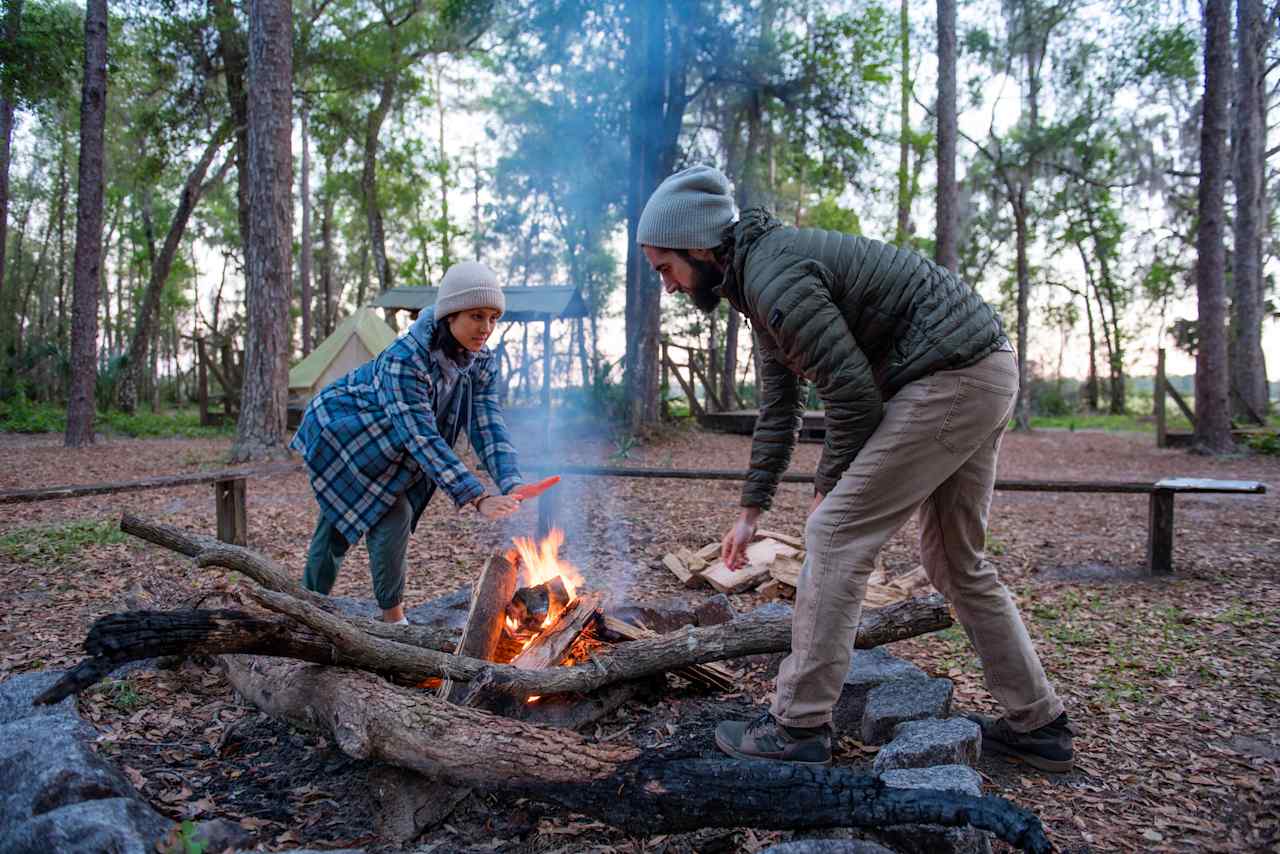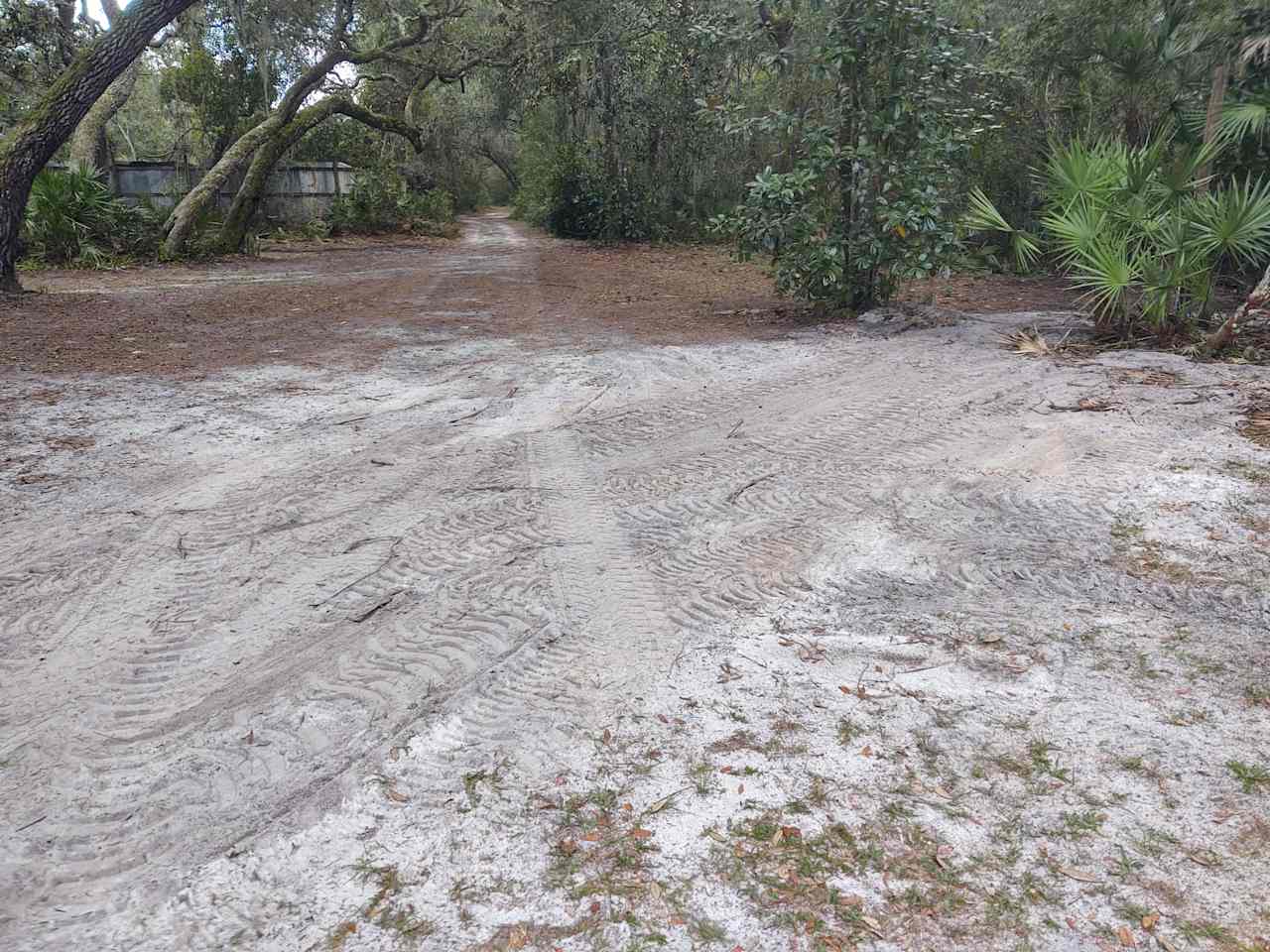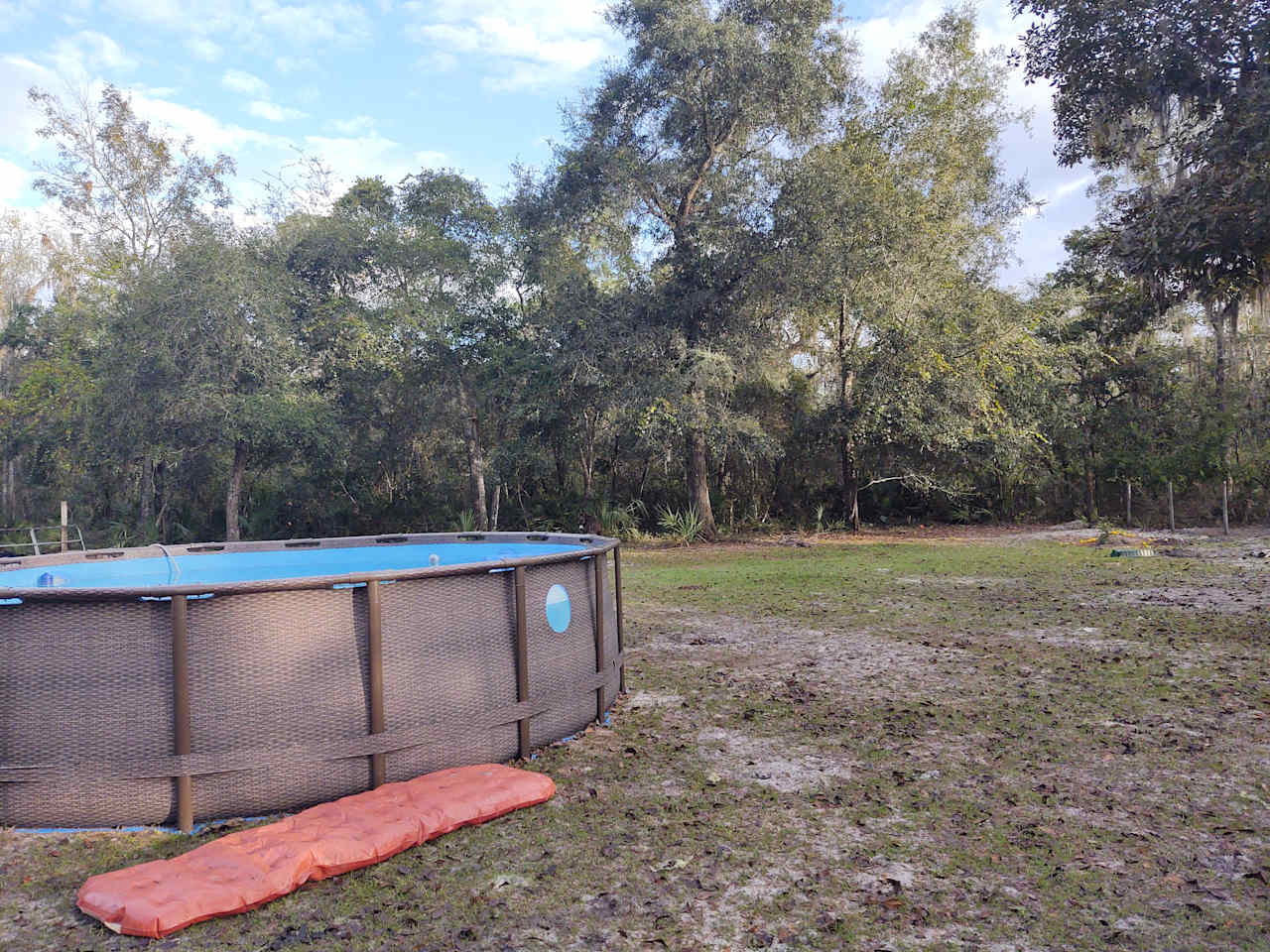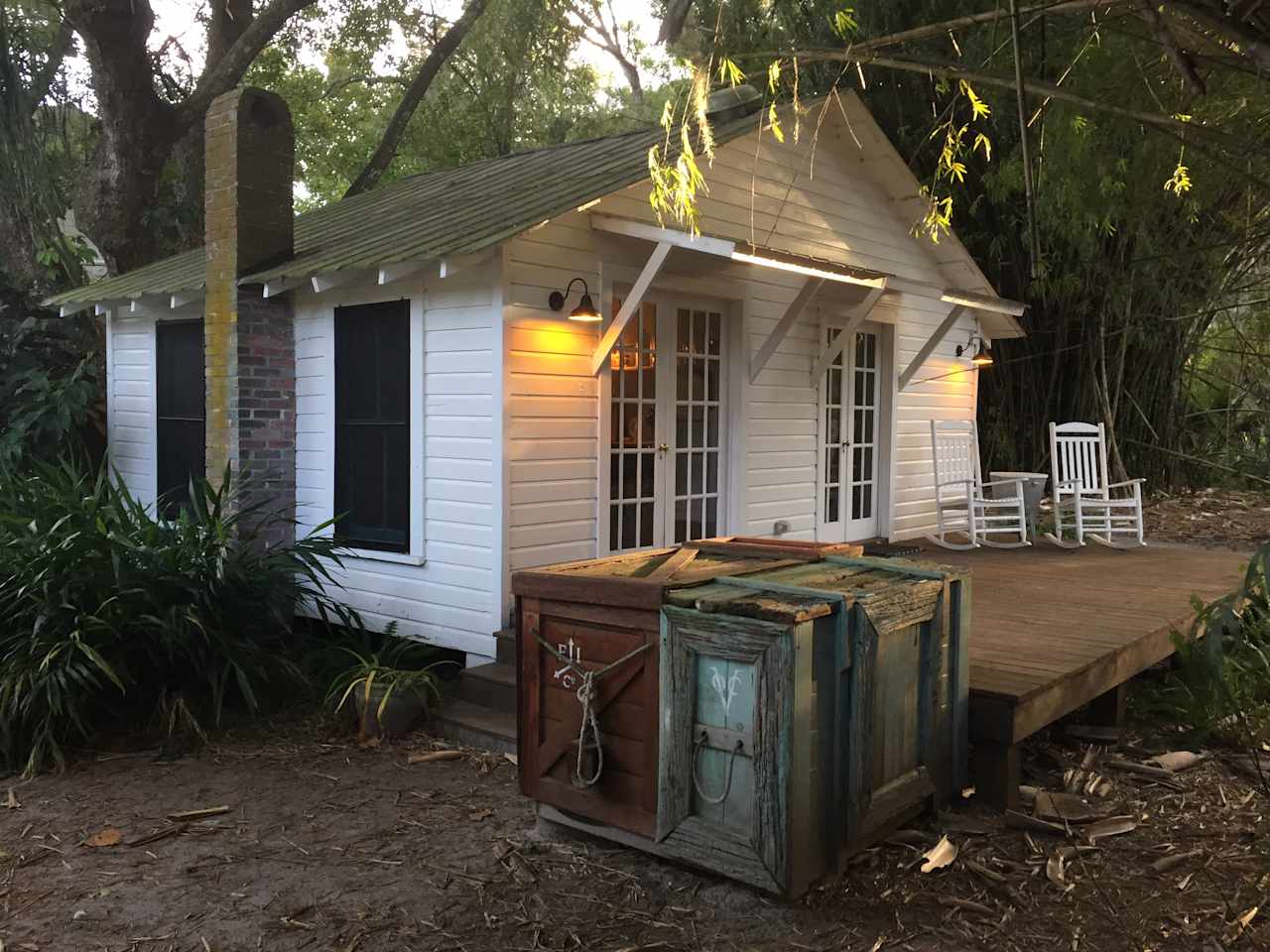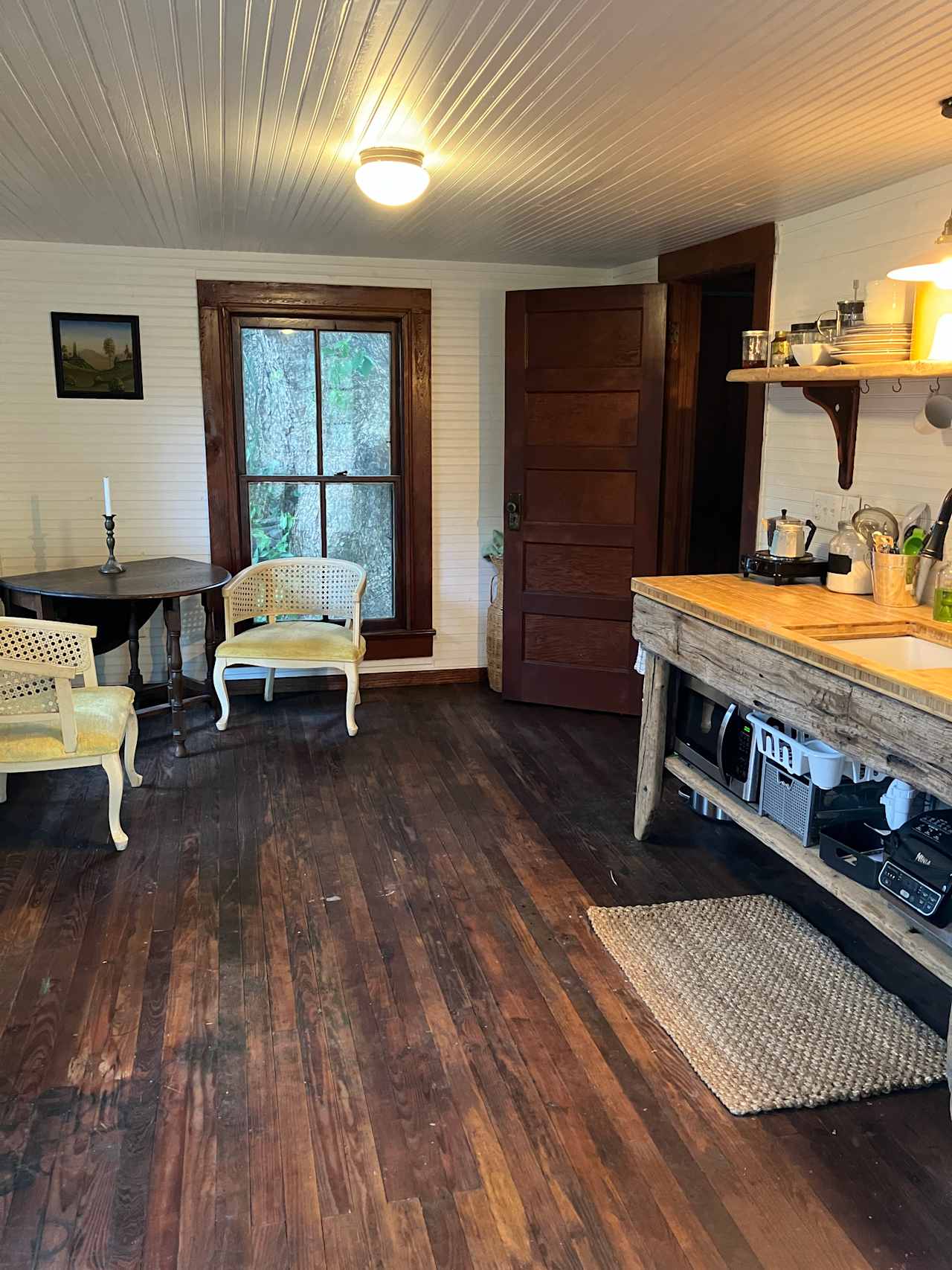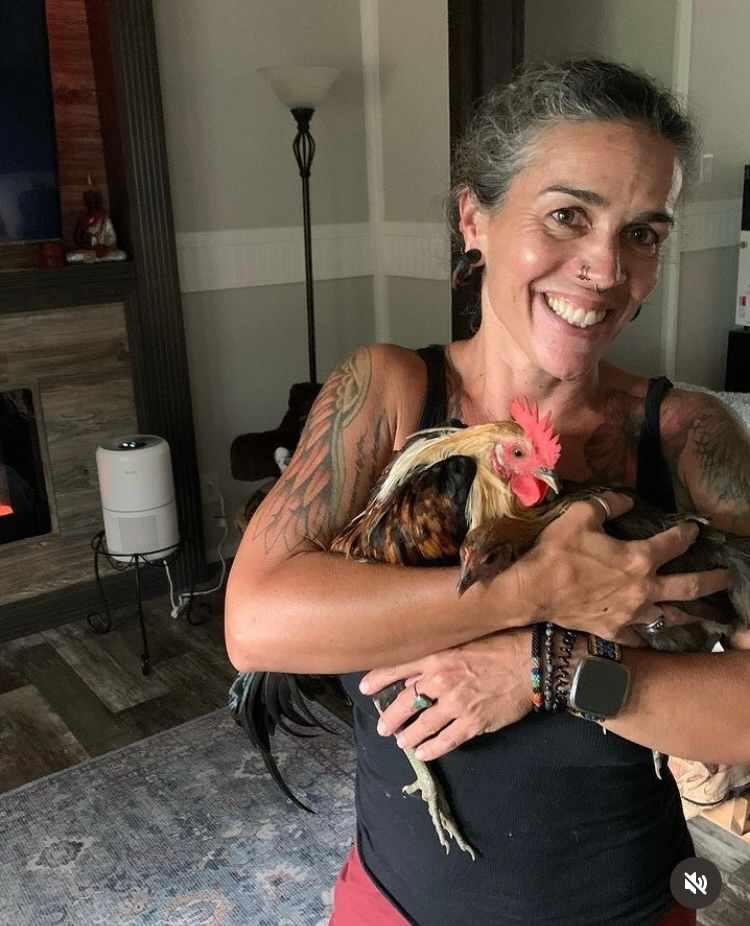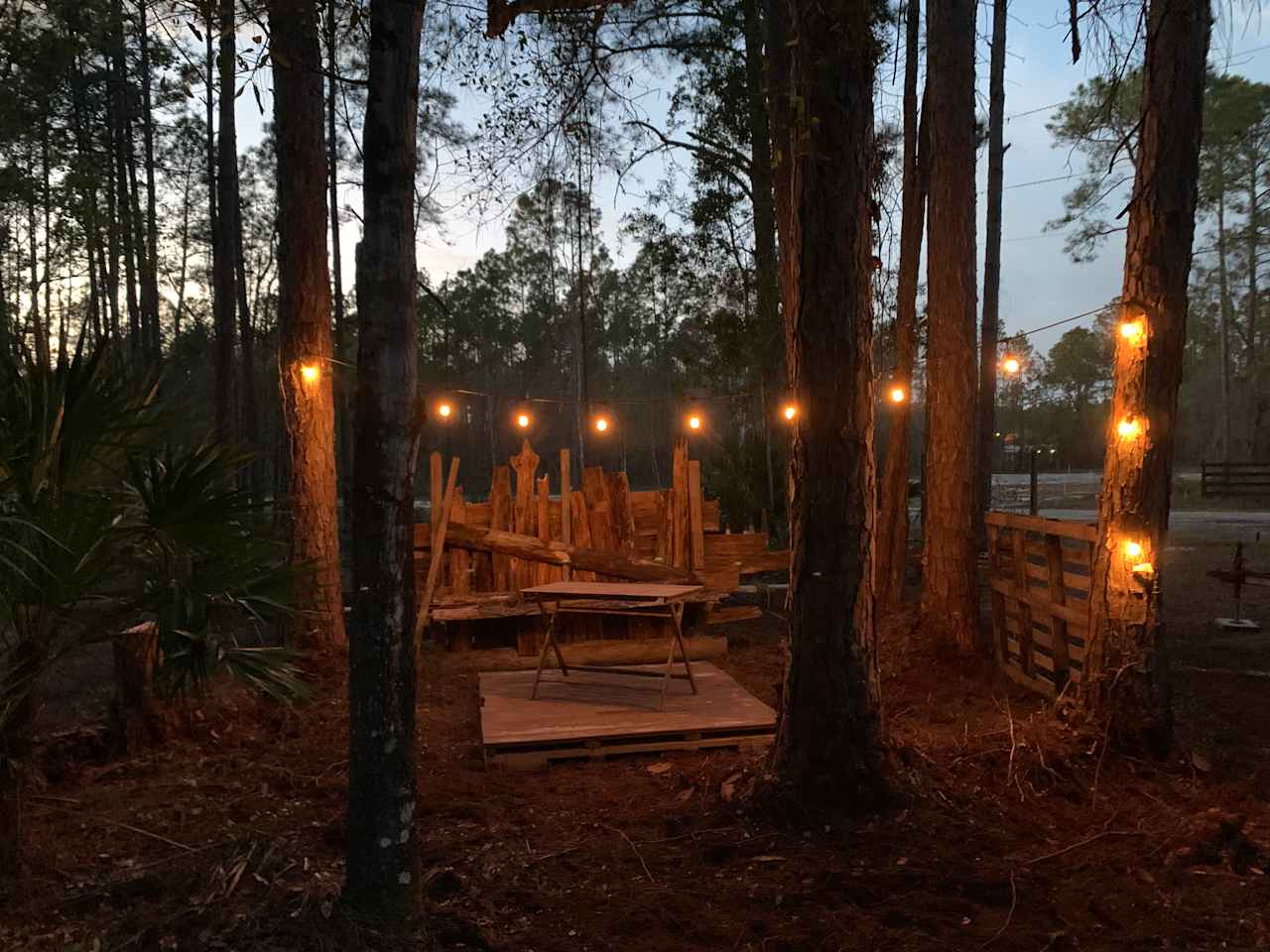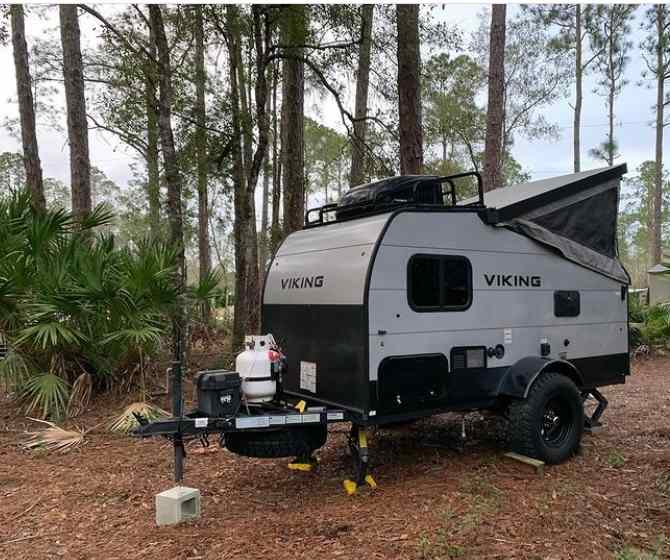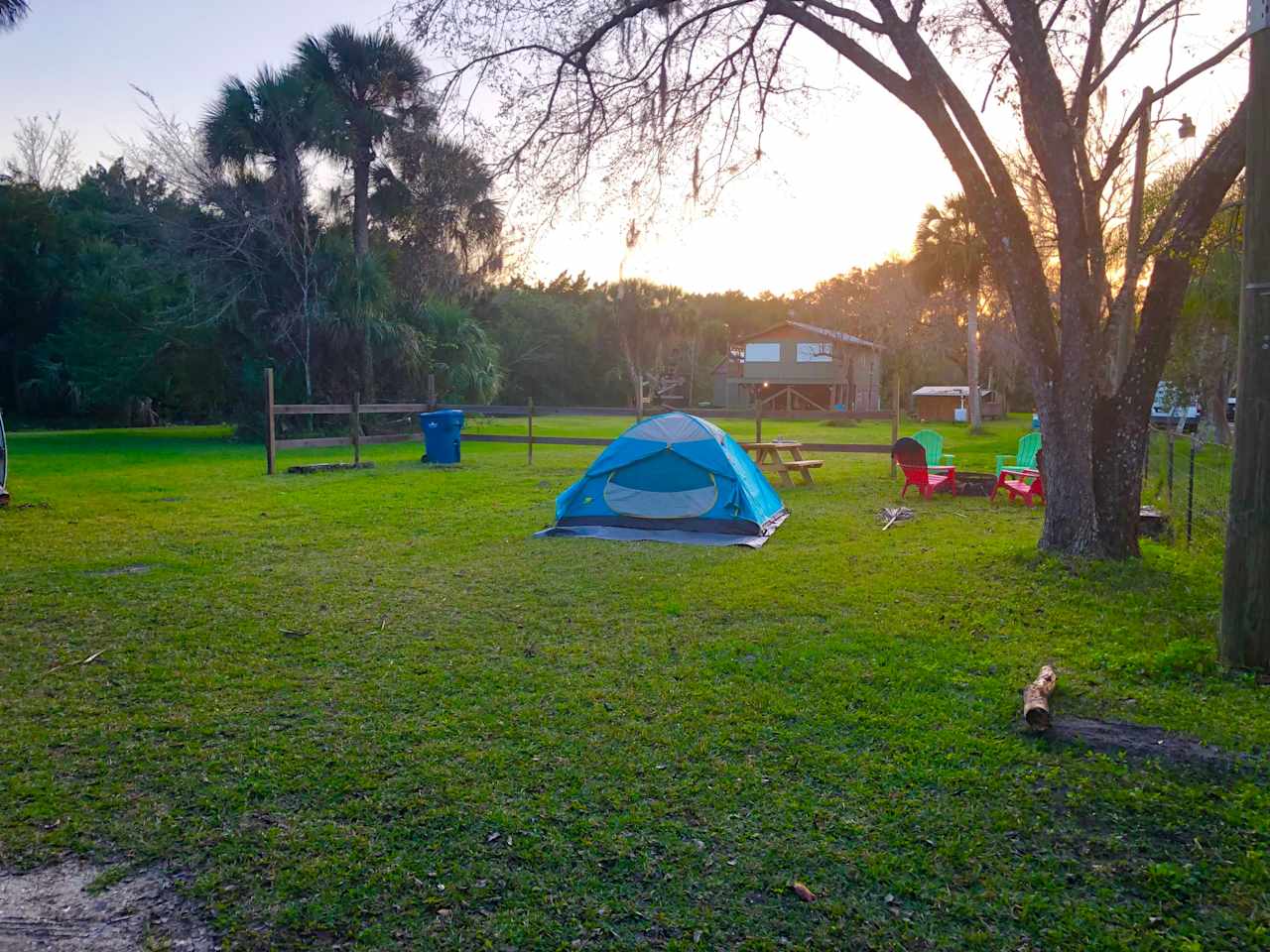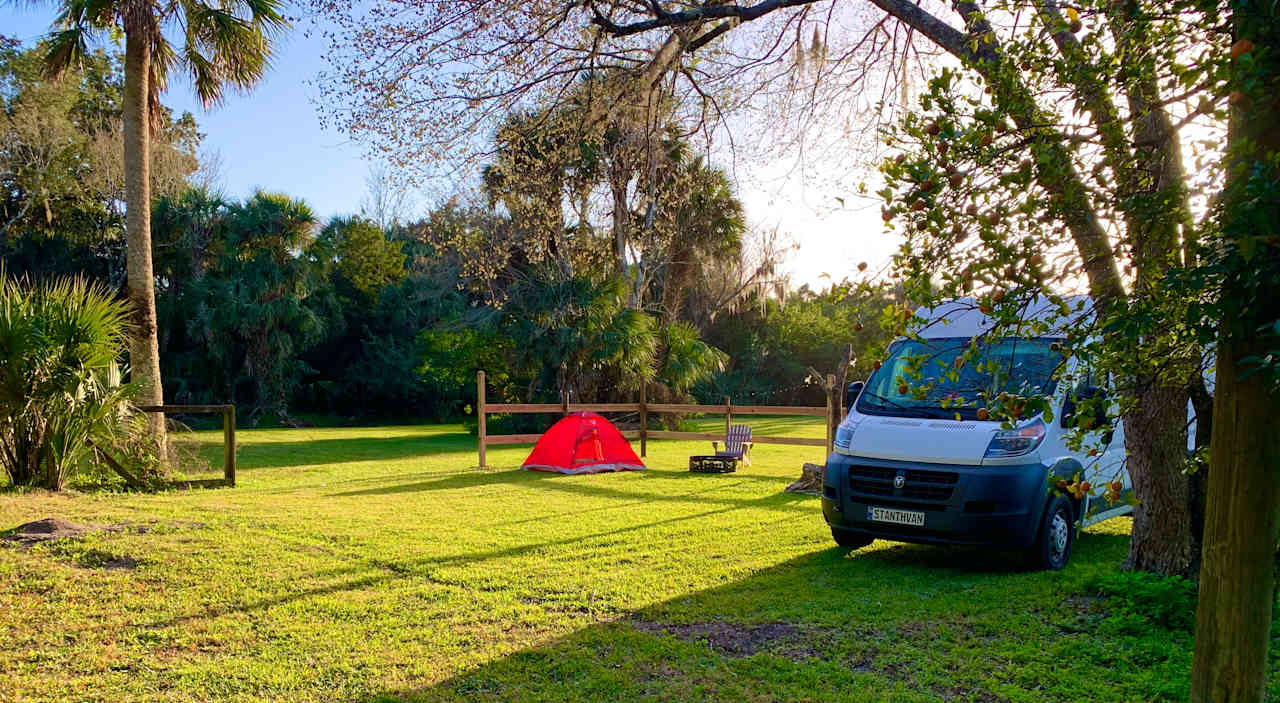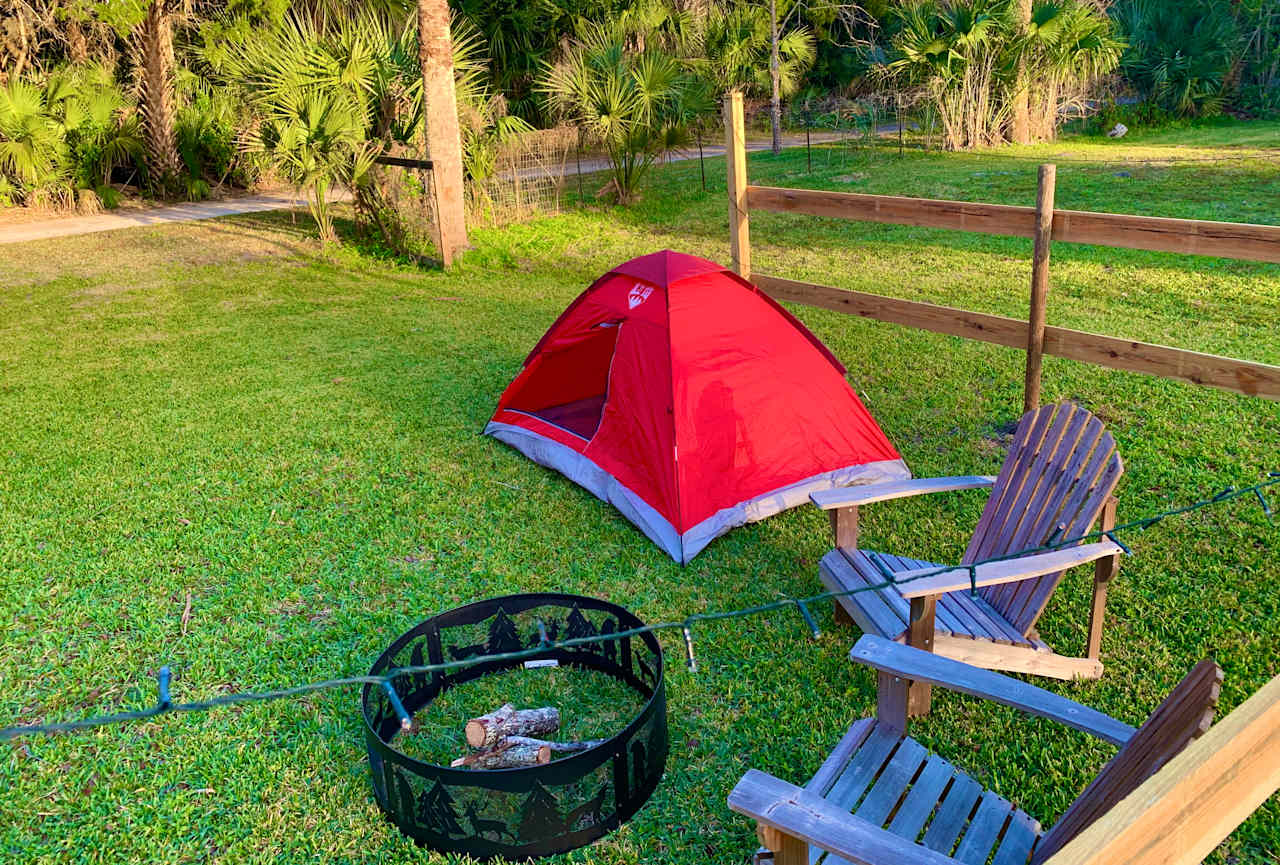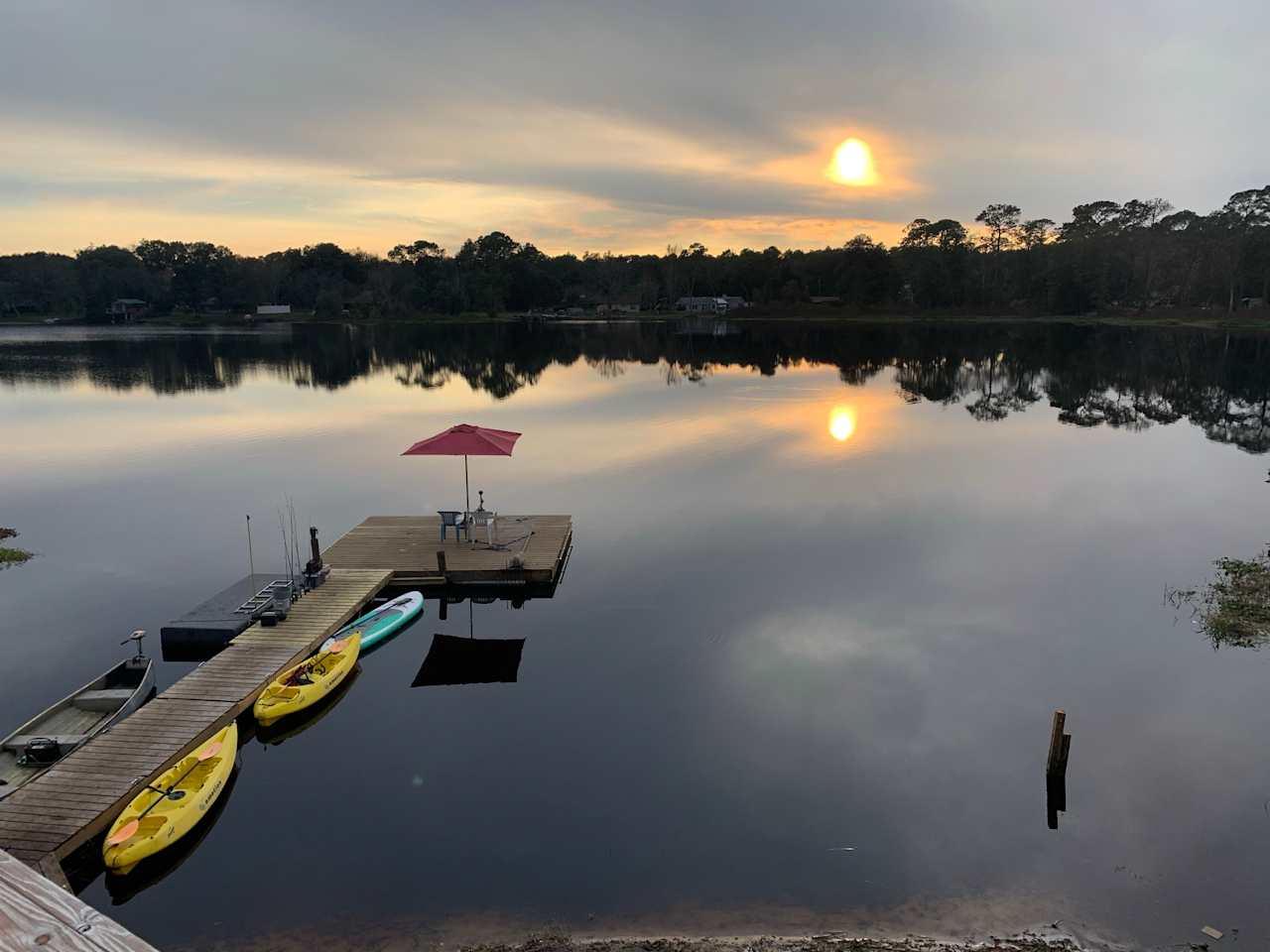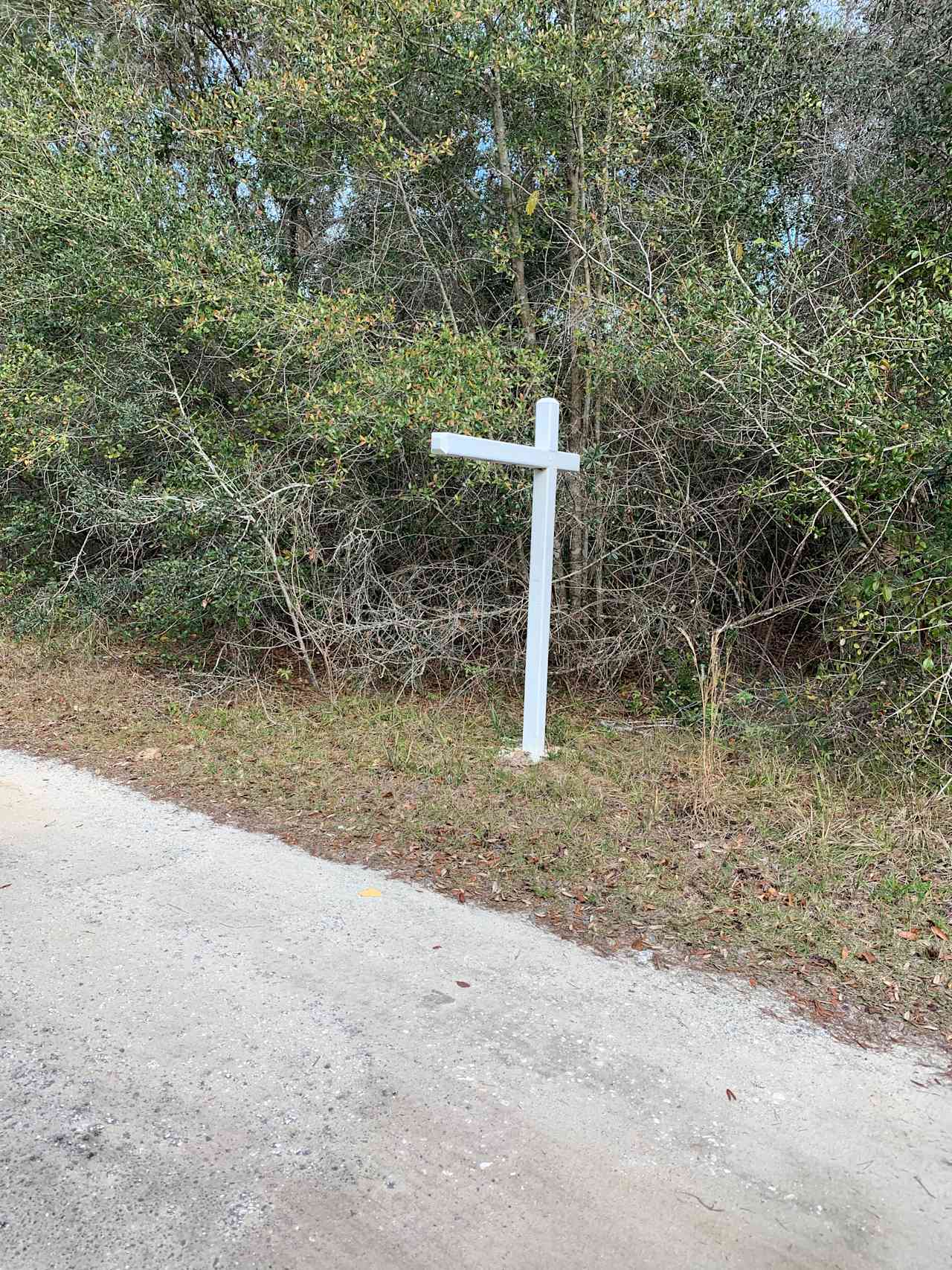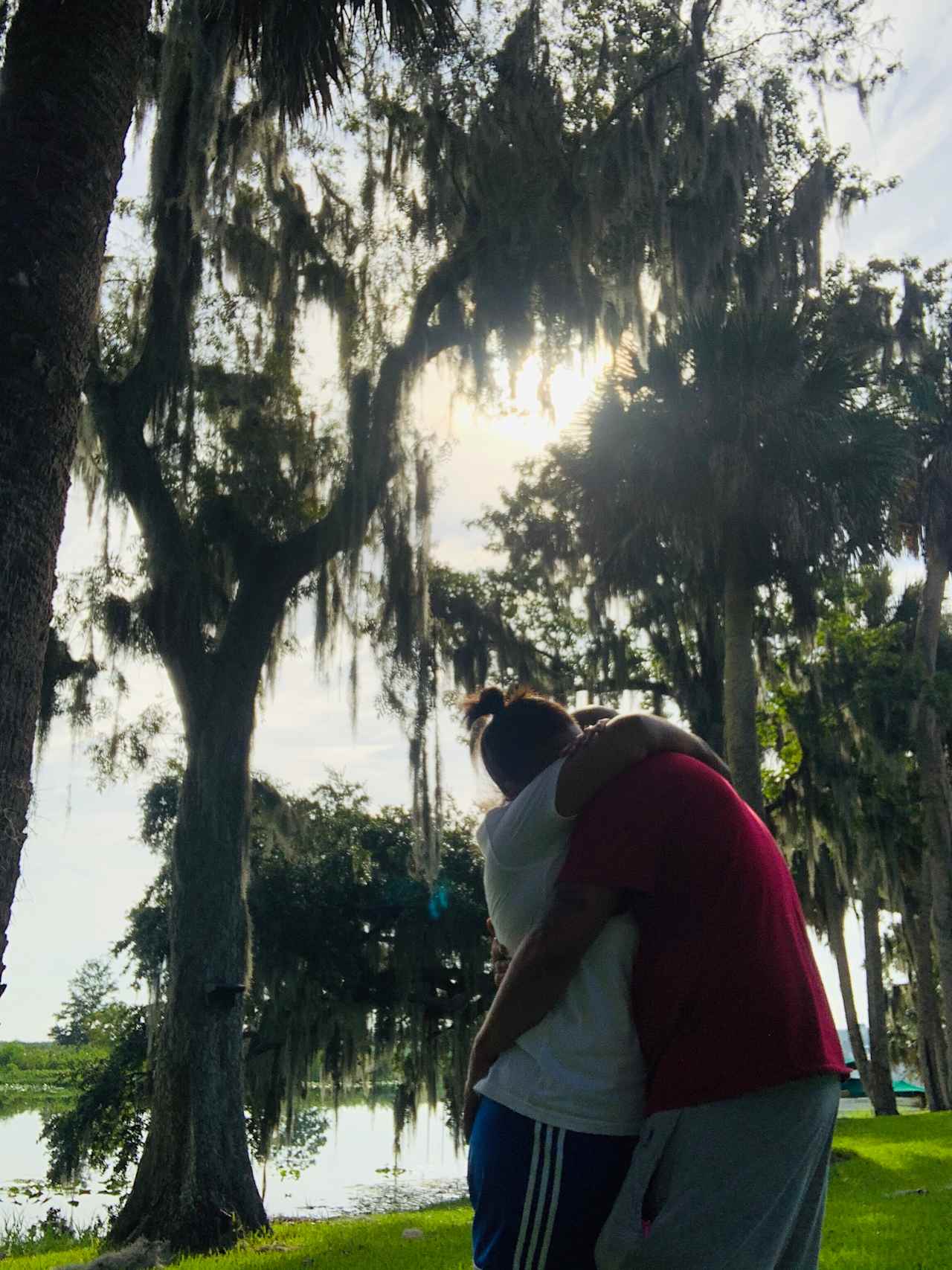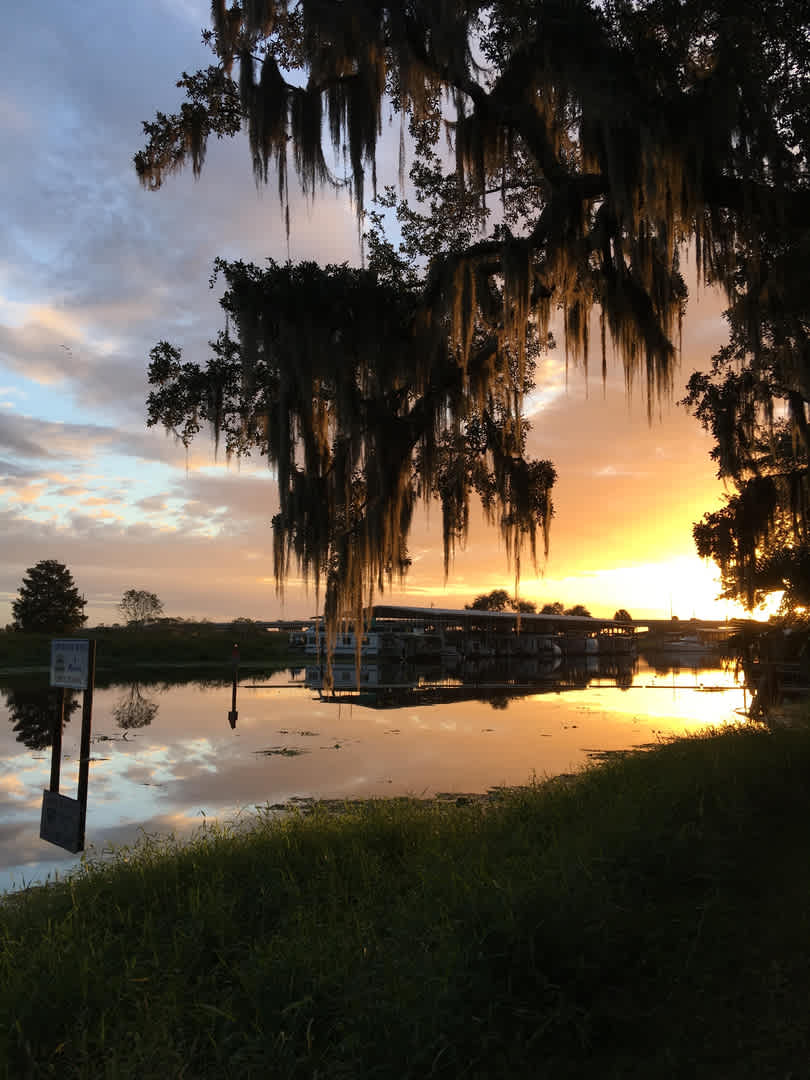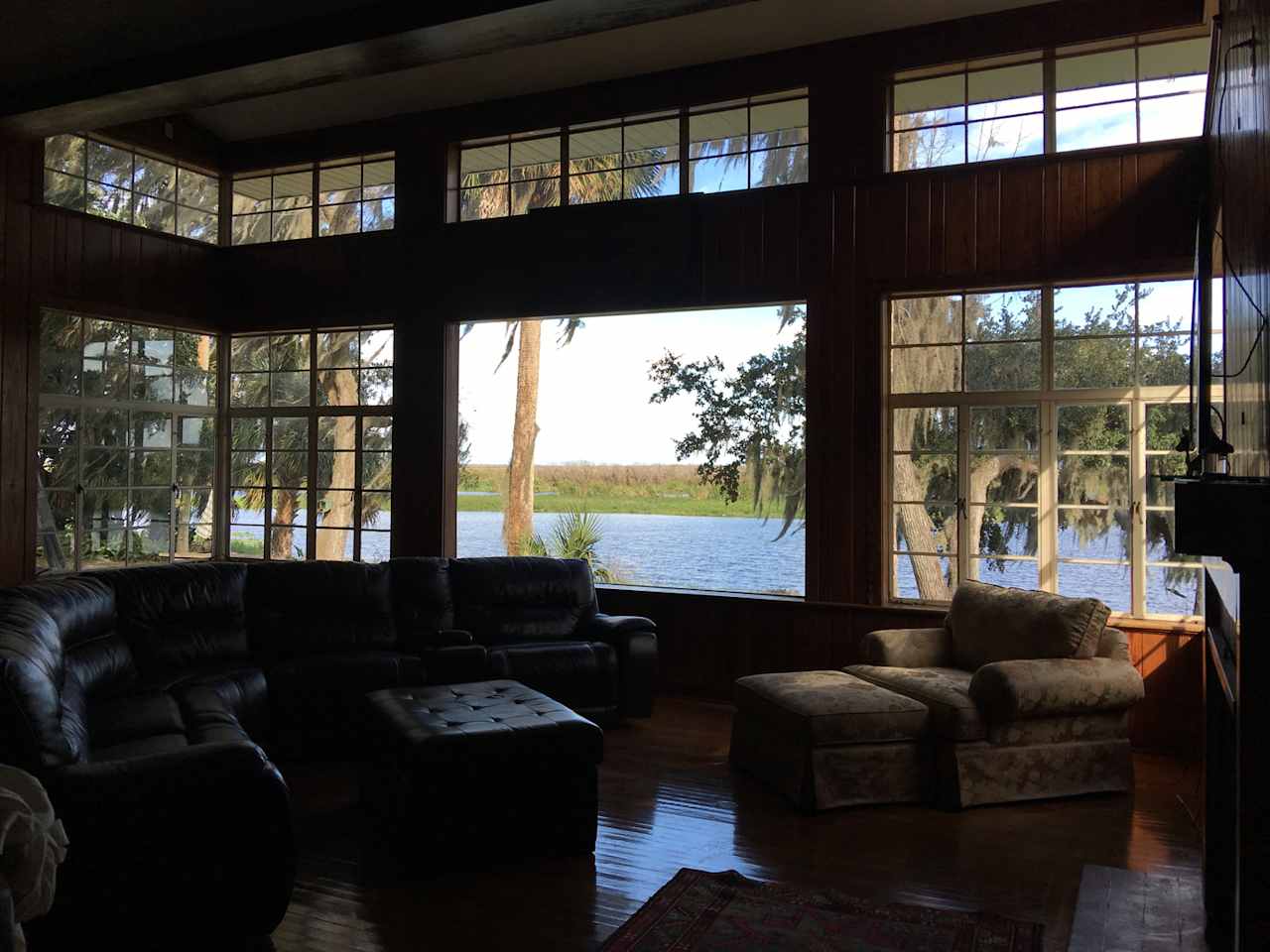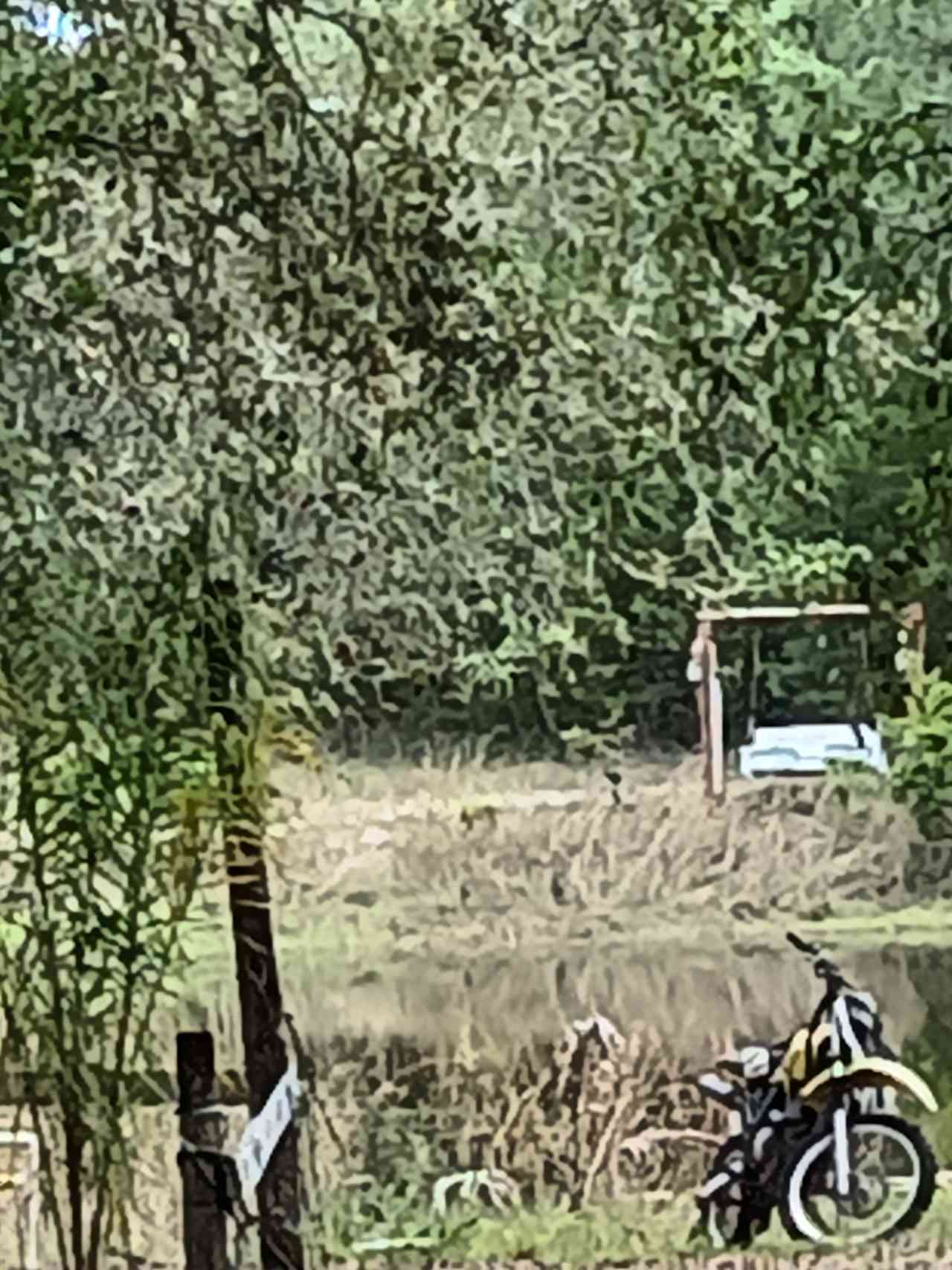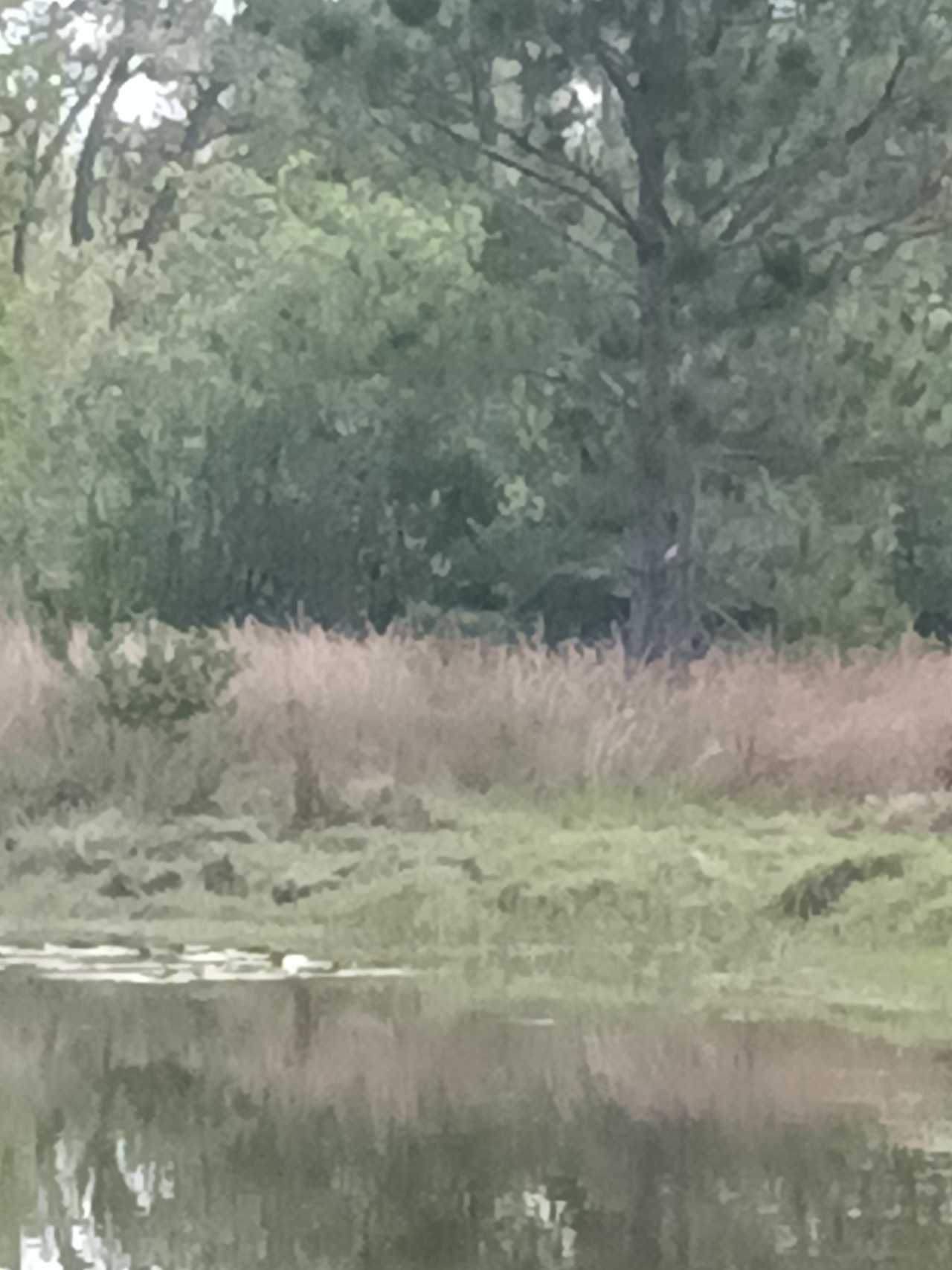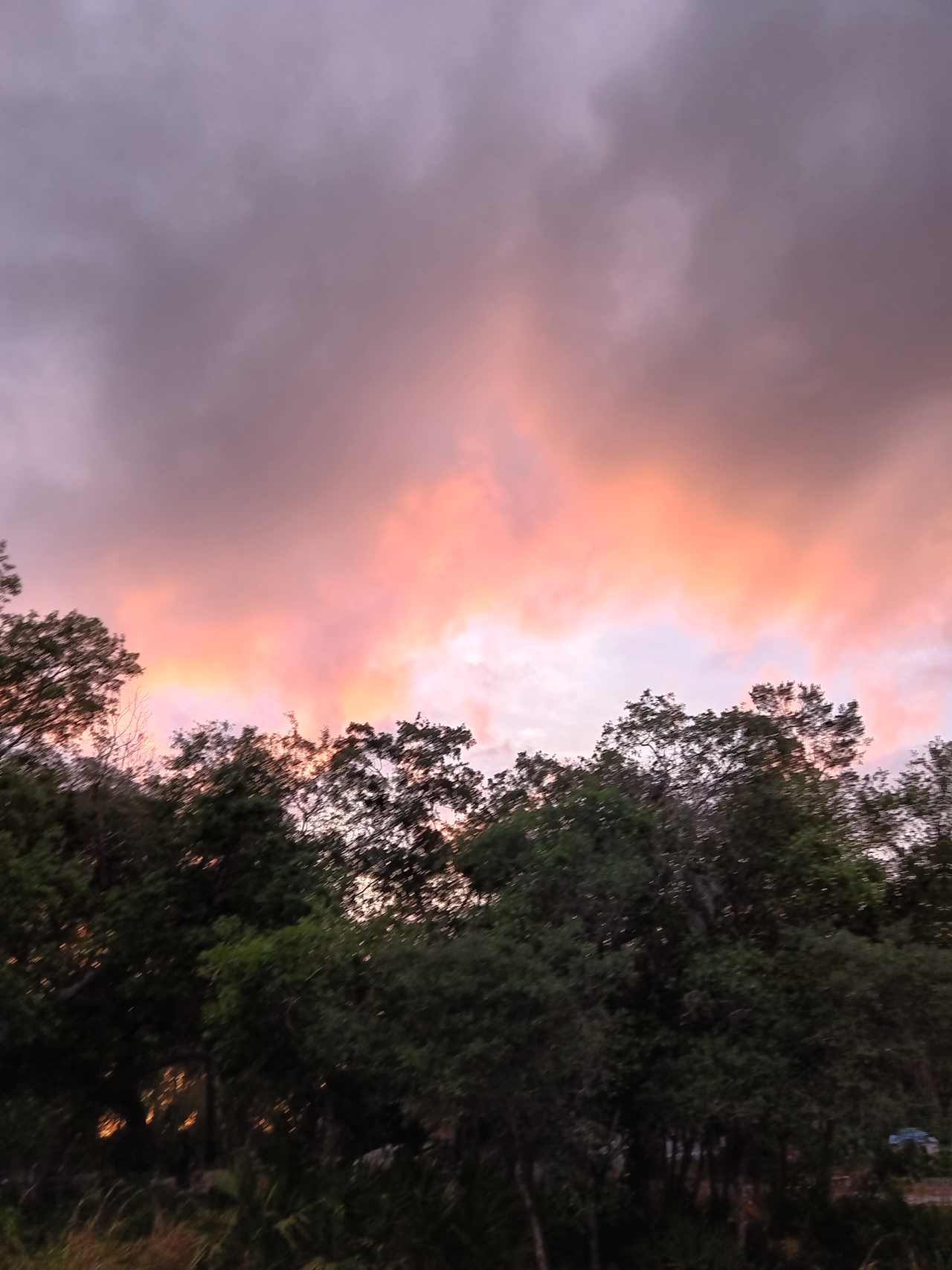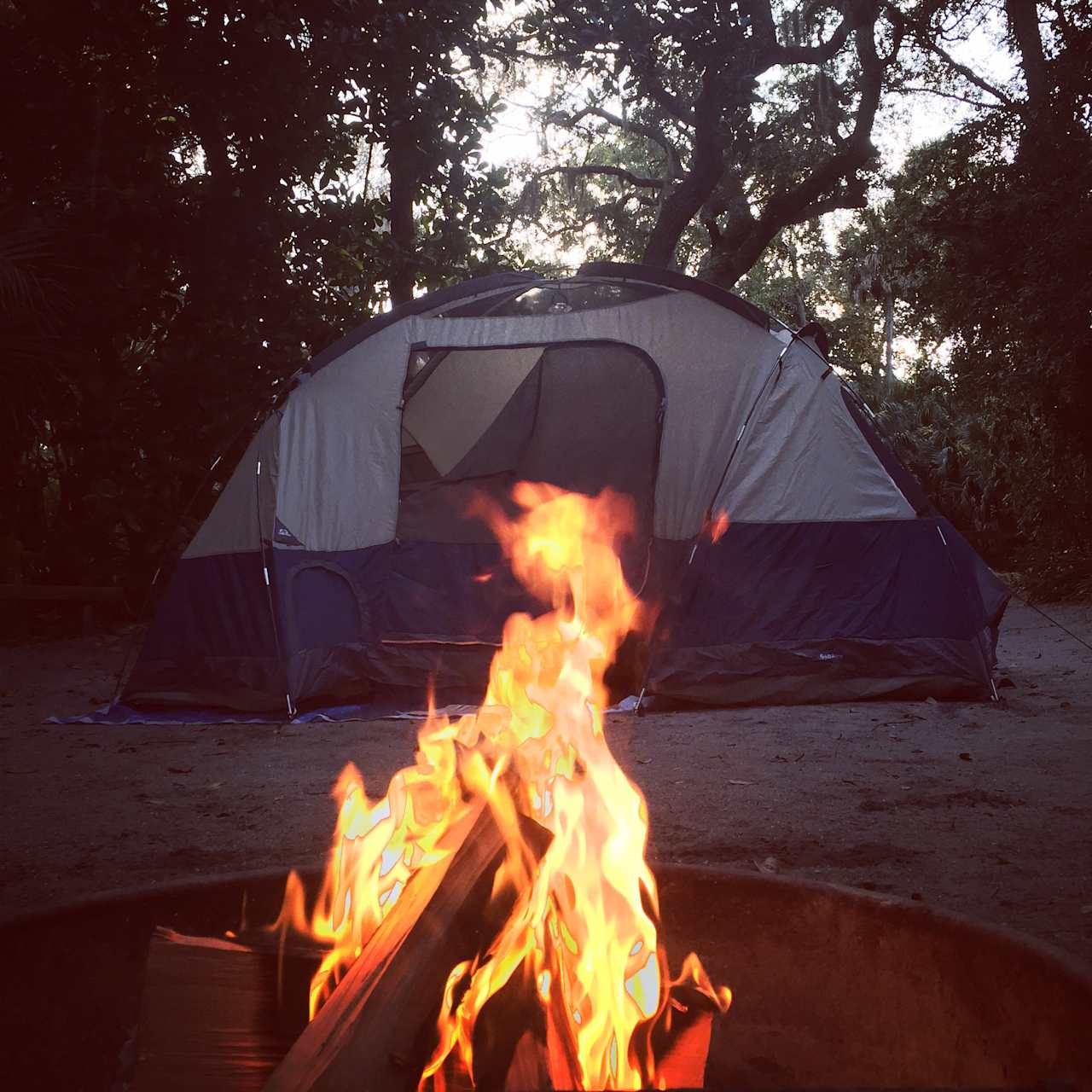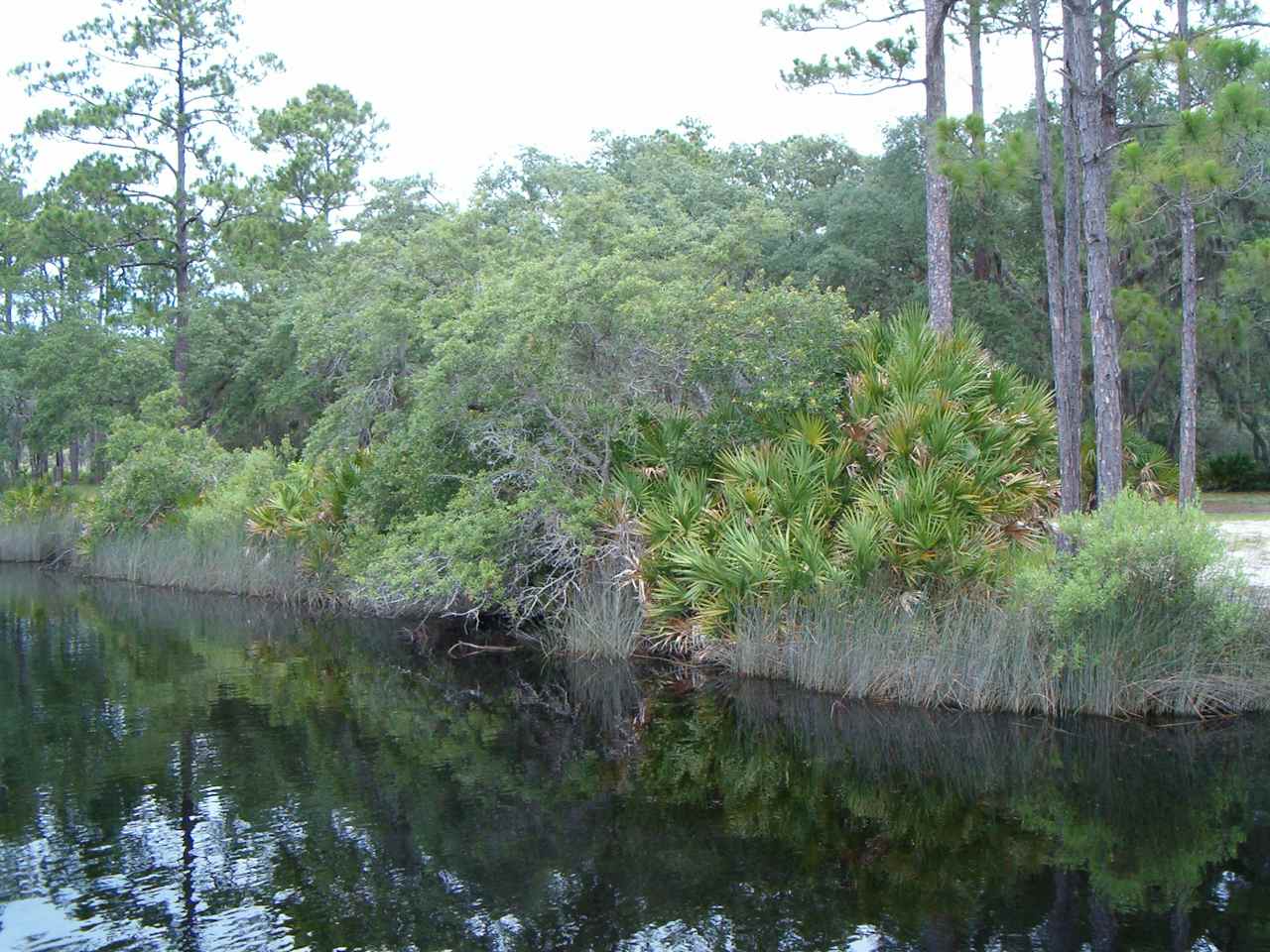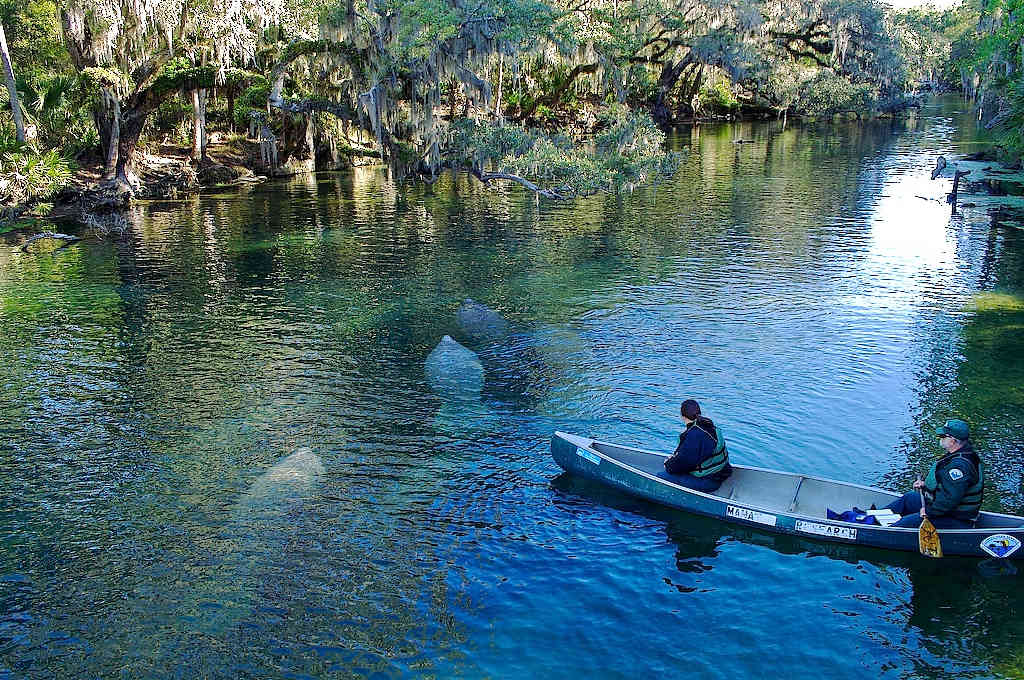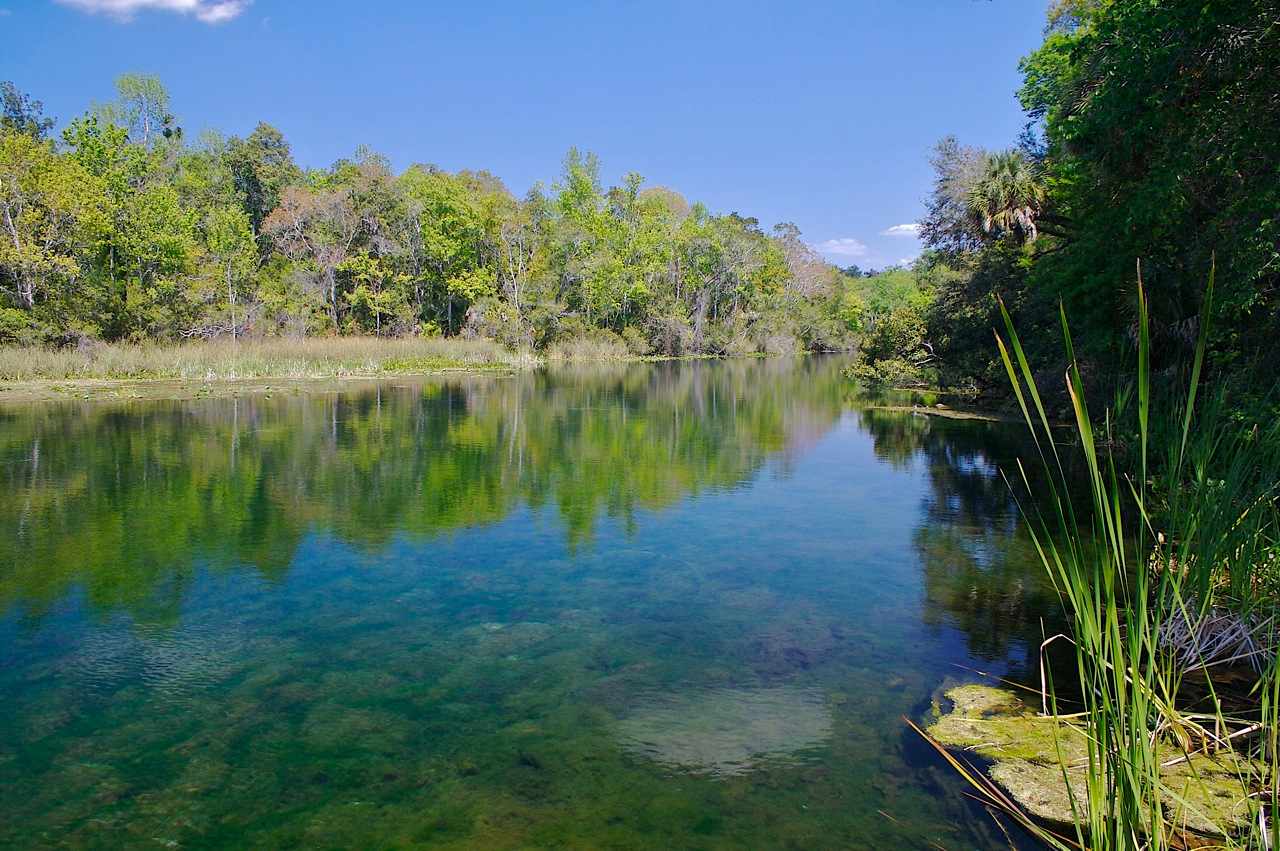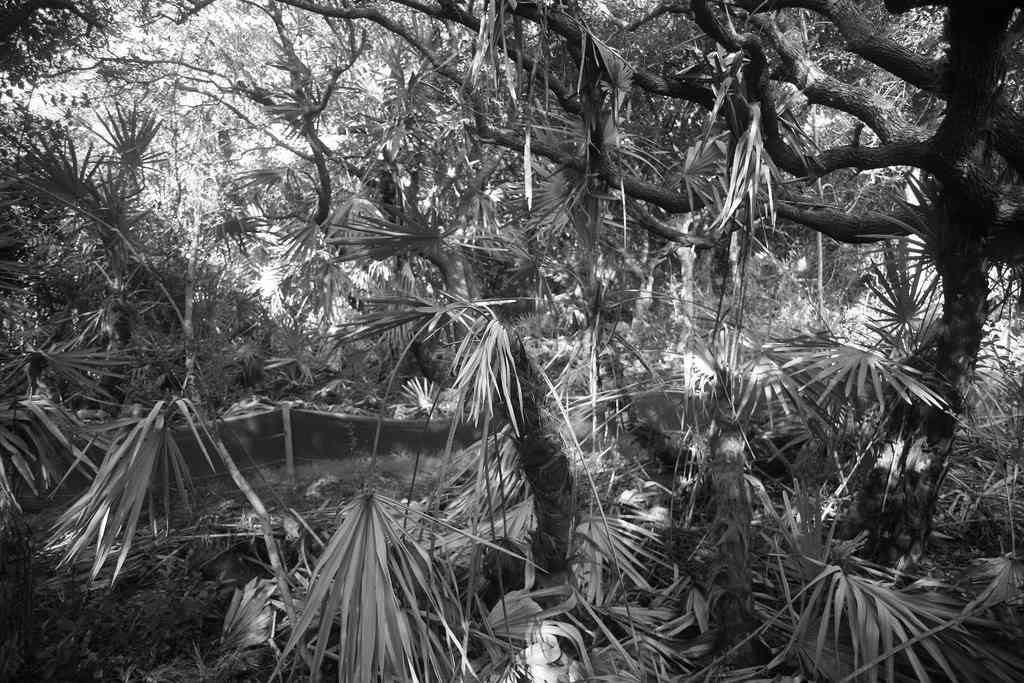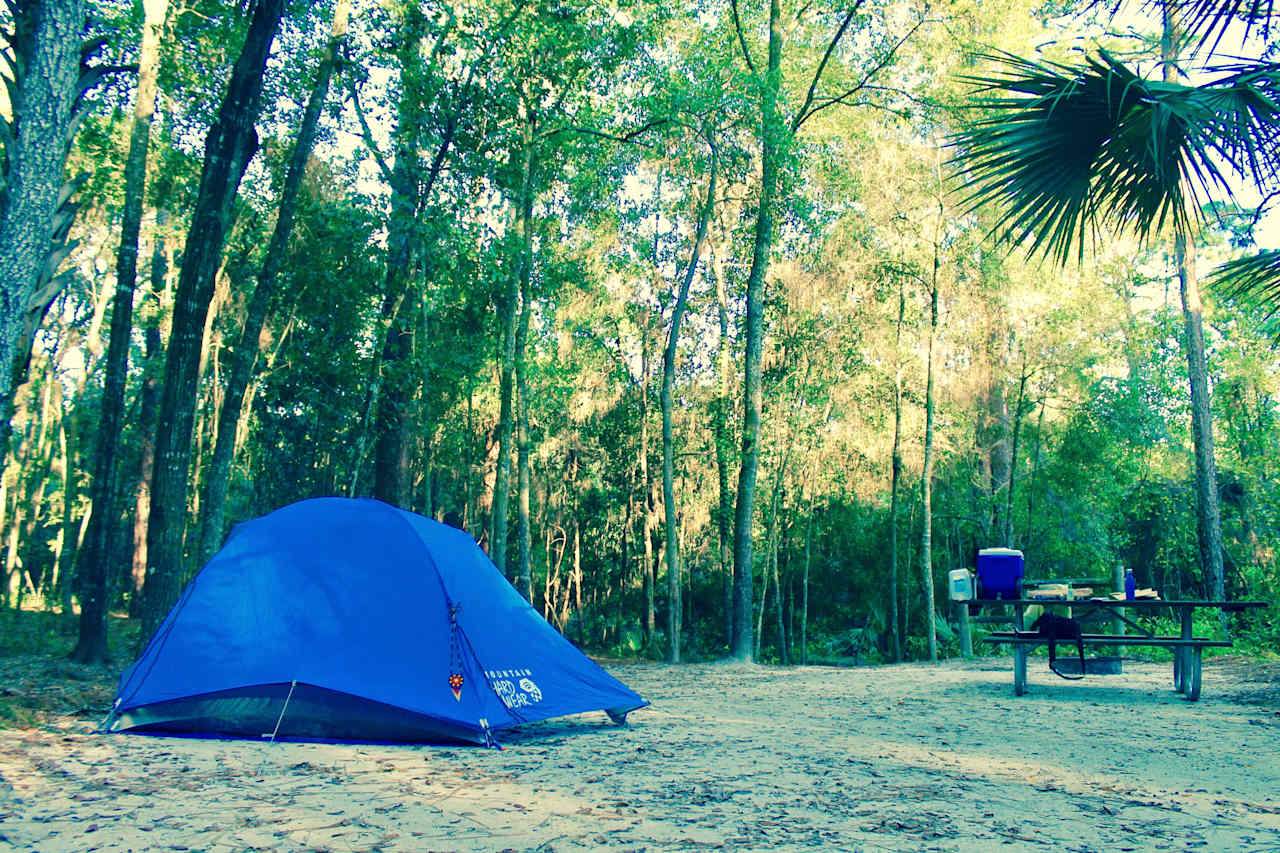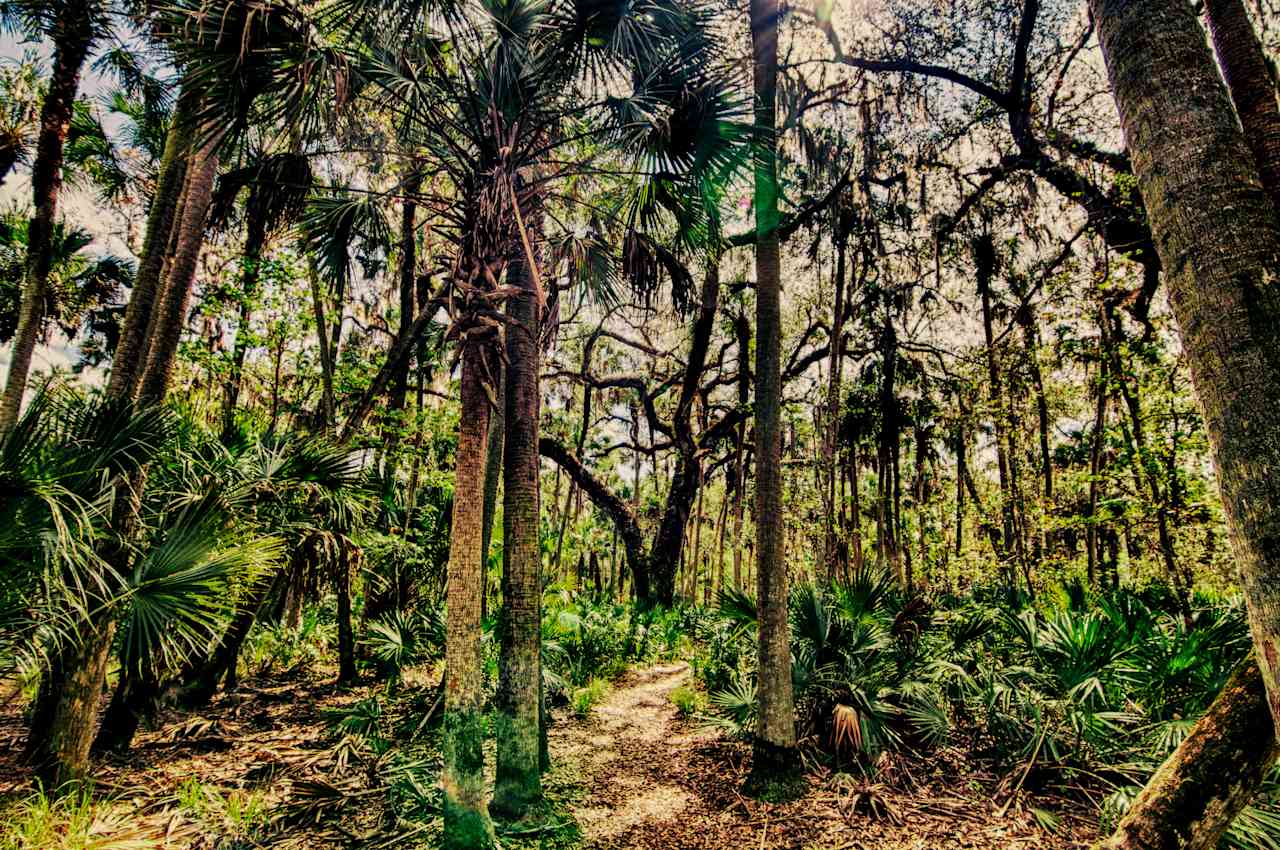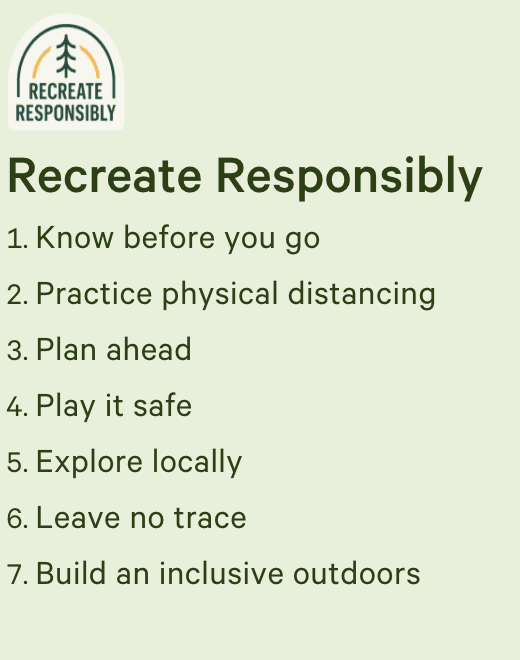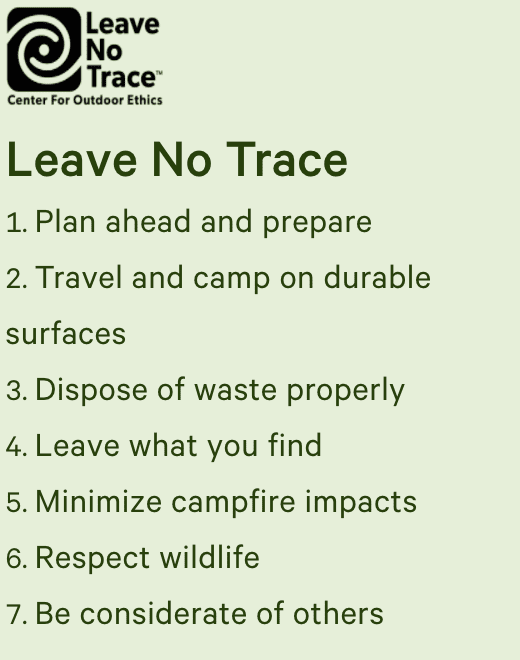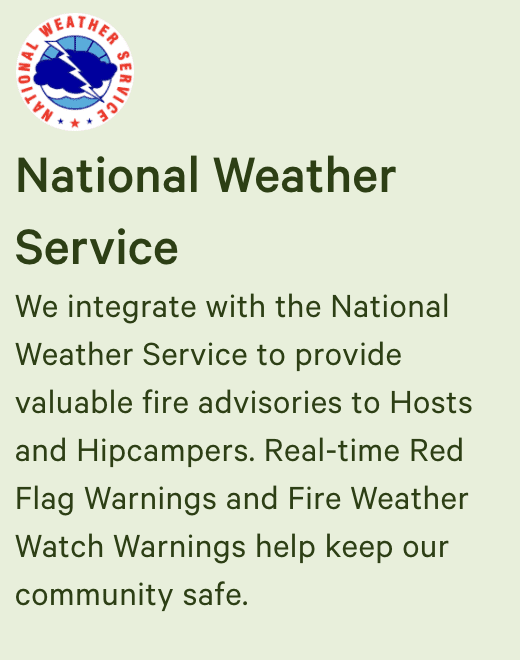River, stream, or creek camping near Ormond Beach with fishing
With beaches, parks, and museums galore, Ormond Beach is as versatile as it is charming.
- Ormond Beach
Popular camping styles for Ormond Beach
Available this weekend
Serene Forested Blueberry Farm
Rural, quiet, Homey
The LODGE @ Runaway Bay
Camp Seminole Springs
Animal farm, Ocala National Forest
11 top river, stream, or creek campgrounds near Ormond Beach with fishing
Camp Seminole Springs
Serene Forested Blueberry Farm
The LODGE @ Runaway Bay
Waterfront Island Bungalow
Animal farm, Ocala National Forest
La Quinta Bonita Homestead
Camp Shiloh
Lake LuLu
Ninovan on the Shore
Rural, quiet, Homey
Holly Woods
Nearby parks
Explore the area’s public lands.


River, stream, or creek camping near Ormond Beach with fishing guide
Overview
Somewhere between Jacksonville, Gainesville, and Orlando, Ormond Beach sets itself apart—thanks in no small part to its coastal flair and small town appeal. Just north of Daytona Beach, Ormond Beach predominantly resides on mainland Florida, though a fraction of the city sits on a barrier island across the Halifax River. The city parallels the Atlantic Ocean, and Ormond Beach campgrounds pepper the shoreline. Campers can stop by the Ormond Memorial Art Museum & Gardens before continuing to an equally stunning campsite. You’ll also find various parks and forests within driving distance, so you’re never far from adventure.
Where to go
Tiger Bay State Forest
You won’t see any tigers at Tiger Bay State Forest—but you will see white-tailed deer, sparrows, and the occasional bald eagle. Beyond its wildlife, this forest comes with all of the fixings. Think: equestrian access, lakes and ponds ripe for fishing, and, of course, plenty of hiking trails. The final perk of the forest? Campsites, available for both you and your horse.
Tomoka State Park
Just a few minutes from Ormond Beach, Tomoka State Park invites boaters and birdwatchers alike. More than 160 species of birds call this park home, and, for the duration of your camping trip, so can you. Tomoka State Park campgrounds come with access to nature trails, picnic areas, and restrooms, making this sprawling park a one-stop shop for all of your camping whims.
Bulow Creek State Park
After visiting Tomoka State Park, you may be tempted to stay put. However, if you head just slightly north, you’ll quickly reach Bulow Creek State Park, which warrants its own visit. The park actually harbors one of the South’s largest remaining live oak trees. Dubbed the “Fairchild Oak,” the tree has seen the area through the last 400 years. Take a seat at the park’s picnic area and soak up the oak.
When to go
Brush shoulders with Ormond Beach during the shoulder months. Fall and spring are ideal for a Florida camping getaway, as summer brings bugs to the area’s forests and parks. Likewise, August is the rainiest month, so come when the weather—and the mosquitoes—won’t work against you. As if you needed another incentive, the shoulder months also see bird migrations, so you’re likely to spot some of Florida’s most interesting species.


